Amethyst
The Gemstone of Serenity and Spirituality
Amethyst is a stunning purple variety of quartz, has captivated gemstone enthusiasts and spiritual seekers for centuries. Known for its rich color and calming properties, Amethyst is a stone that blends beauty with meaning. In this blog, we will explore the origins, formation, cultural significance, market value, and fashion uses of Amethyst, as well as provide color palette inspiration and a thought-provoking discussion. Let’s dive into the world of Amethyst and discover why it remains one of the most sought-after gemstones worldwide.
Origin of Amethyst
Amethyst is found in various parts of the world, with significant deposits located in countries such as Brazil, Uruguay, Zambia, Russia, and the United States (especially in Arizona and Nevada). Brazil, in particular, is one of the largest producers of Amethyst, known for its vast, geode-filled caves that yield some of the most vibrant specimens. Amethyst is often found in geodes or crystal cavities within volcanic rocks, where the gem forms as a result of the interaction of minerals over time.
The color of Amethyst can vary from light lavender to deep purple, with the richest, most desired specimens being a deep, vibrant violet. The region of origin can influence the tone of the stone, with some areas producing lighter hues and others yielding darker, more intense shades.
Formation Process of Amethyst
Amethyst is a variety of quartz, formed when the mineral silicon dioxide crystallizes under heat and pressure. The purple color of Amethyst is caused by the presence of iron within the crystal structure. As the crystal forms, the iron ions within the quartz interact with the crystal’s lattice structure, giving Amethyst its distinctive purple hue.
The process of Amethyst formation begins deep within the Earth, where volcanic rocks create the ideal environment for quartz crystals to grow. Amethyst forms over thousands to millions of years, with the crystals growing in geodes, hollow cavities in volcanic rocks, and other mineral-rich environments. The variations in color and clarity of Amethyst depend on the mineral content of the surrounding rock and the specific conditions in which the crystal forms.
Cultural Significance and Meaning of Amethyst
Throughout history, Amethyst has been regarded as a powerful symbol of spirituality, healing, and protection. Ancient Egyptians used Amethyst as a gemstone for personal adornment, believing it had protective properties and could ward off evil spirits. The Greeks, who gave Amethyst its name (from the Greek word "amethystos," meaning "not intoxicated"), believed that the stone could prevent drunkenness and protect against overindulgence.
In medieval Europe, Amethyst was often worn by clergy and nobility as a symbol of piety and spiritual strength. It was also believed to have the power to promote peace, tranquility, and balance in one's life. In modern spiritual practices, Amethyst is still considered a powerful stone for meditation, emotional healing, and spiritual growth. It is believed to aid in connecting with higher consciousness, enhancing intuition, and promoting mental clarity.
Market Value and Rarity
Amethyst is widely available and relatively affordable compared to other gemstones, but the price can vary based on factors such as color, clarity, size, and origin. The most valuable Amethyst specimens are those with a rich, deep purple color, often referred to as “deep Siberian” or “Russian Amethyst,” which is highly prized in the market. The price per carat can range from $20 to $100 for average-quality stones, with rare, high-quality Amethyst reaching up to $200 per carat or more.
While Amethyst is not considered particularly rare, high-quality Amethyst is still highly sought after in the jewelry industry. Due to its abundance, Amethyst is often used in a wide range of jewelry pieces, from affordable costume jewelry to fine, high-end collections. Amethyst's versatility and beautiful color make it a popular choice for both everyday wear and statement pieces.
Amethyst Properties
External
Career & Success
Confidence & Recognition
Relationships & Communication
Communication Skills
Inner
calmness
composure
resonance
Birth month

Zodiac





Element


Chakras


Planet


Mohs Hardness
≥ 7
Click to copy the Amethyst properties
7 benefits of an amethyst bracelet
An amethyst bracelet isn't just beautiful—it also carries a range of benefits and purpose, especially for those interested in emotional well-being, spiritual growth, and energetic balance.
Here are the key benefits:
1. Calming & Stress Relief
Amethyst is known for its soothing energy. Wearing a amethyst bracelet can help reduce anxiety, calm an overactive mind, and promote emotional stability.
2. Enhanced Intuition & Spiritual Growth
The purpose of an amethyst bracelet is to support spiritual growth—it enhances meditation, sharpens intuition, and helps you connect with your inner self.
3. Better Sleep & Protection from Nightmares
It’s believed to aid sleep quality and protect against bad dreams. Many wear amethyst bracelet at night or keep it by their bed.
4. Focus & Mental Clarity
Amethyst may help clear mental fog, support focus, and aid in decision-making—ideal for studying or working.
5. Energetic Protection
It’s said to act like a shield, protecting against negative energies and emotional drain from people or environments.
6. Balancing the Crown Chakra
Amethyst is strongly connected to the crown chakra, which is associated with awareness, connection to the universe, and wisdom.
7. A Style with Meaning
Amethyst rich purple hue adds a touch of elegance, mystery, and individuality to any outfit. In the world of fashion, purple symbolizes royalty, wisdom, and creativity—perfect for expressing your inner strength with outer style.
Overall, an amethyst bracelet is a perfect first choice for anyone new to the world of crystals.
Jewelry Uses and Fashion Tips
Amethyst’s stunning color and relative affordability make it an ideal gemstone for a variety of jewelry designs. It is commonly used in rings, necklaces, earrings, bracelets, and pendants. Whether set in a simple solitaire or paired with other gemstones, Amethyst makes a striking statement.
Tip: Amethyst works particularly well with metals like silver, white gold, and platinum, as these metals complement the stone’s cool-toned purple hues. For a bold and sophisticated look, consider pairing Amethyst with diamonds or white sapphires, which enhance the vibrancy of the purple stone. For more casual wear, Amethyst jewelry looks stunning when paired with warm metals like gold or copper, which create a contrast to its cool tones.
Additionally, Amethyst is often paired with other purple stones, such as lavender amethyst, or with complementary green gemstones like peridot or emerald to create a striking color contrast.
Which Wrist to Wear an Amethyst Bracelet On?
You can normally wear an amethyst bracelet on either wrist—there’s no strict rule. Go with what feels right for your intention, or switch it up based on your mood. However, for those who follow energy practices, each wrist can carry a different meaning:
Left Wrist – For Receiving Energy
Wear amethyst on your left wrist if you want to absorb its calming, healing, and protective energy. This is ideal for emotional balance, inner peace, and spiritual connection.
Right Wrist – For Releasing Energy
Wear it on your right wrist if your focus is on projecting calm, protecting your energy from negativity, or expressing your intuitive self to the world.
Pairing Amethyst with Other Gemstones or Materials
Amethyst is highly versatile and can be paired with a wide range of gemstones and materials. Here are some suggestions:
- Diamonds: White diamonds are a perfect complement to Amethyst’s deep purple hues, adding a touch of sparkle and elegance to any jewelry design.
- Rose Quartz: For a soft, feminine look, combine Amethyst with the gentle pink tones of Rose Quartz. This pairing brings a sense of calm and emotional balance.
- Citrine: Citrine, with its bright golden-yellow hue, creates a striking contrast with Amethyst's purple tones, making for an eye-catching combination.
- Silver: This metals are excellent choices for Amethyst settings, as their cool tones enhance the deep purple color of the gemstone.




Five Color Palettes for Artistic and Fashion Inspiration
Amethyst’s stunning color inspires a range of artistic and fashion palettes. Here are five color schemes inspired by Amethyst, with their corresponding color codes:

- #B6A0D2 Lavender
- #F0C9D7 Soft Pink
- #A9A9A9 Starry Silver
- #9B4E96 Rich Purple
-
#8F7DFFsoft violet
These palettes can serve as inspiration for various design projects, whether you're working on fashion collections, home decor, or artistic creations.
Amethyst’s Role in Modern Spirituality
Amethyst has long been considered a stone of spiritual significance, but in today's world of mindfulness and wellness, how do you think the role of Amethyst has evolved? Is it purely a decorative gem, or do you believe it still holds powerful healing properties?
Share your thoughts on the intersection of spirituality and gemstones in the modern era, and how Amethyst might help guide personal growth and emotional healing.


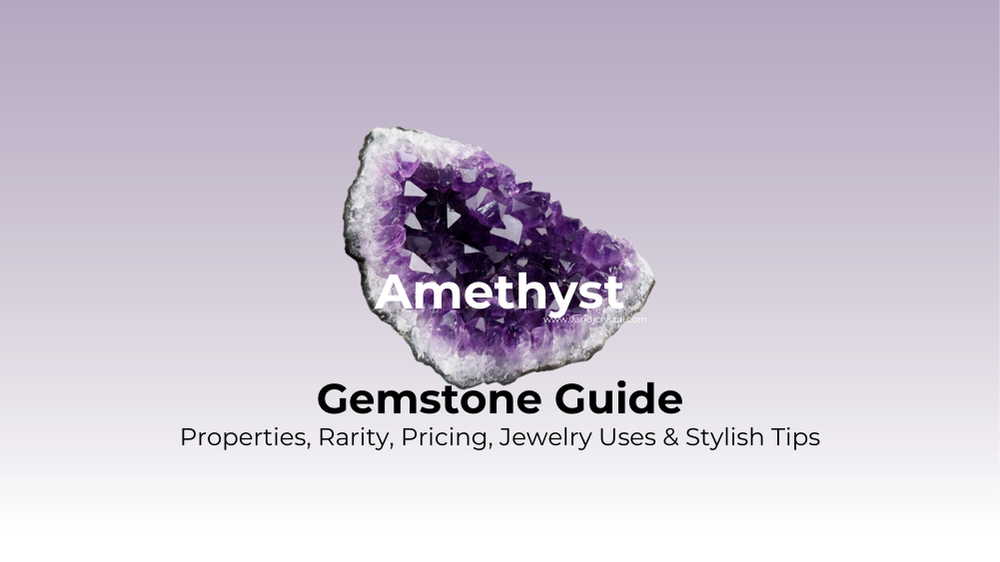



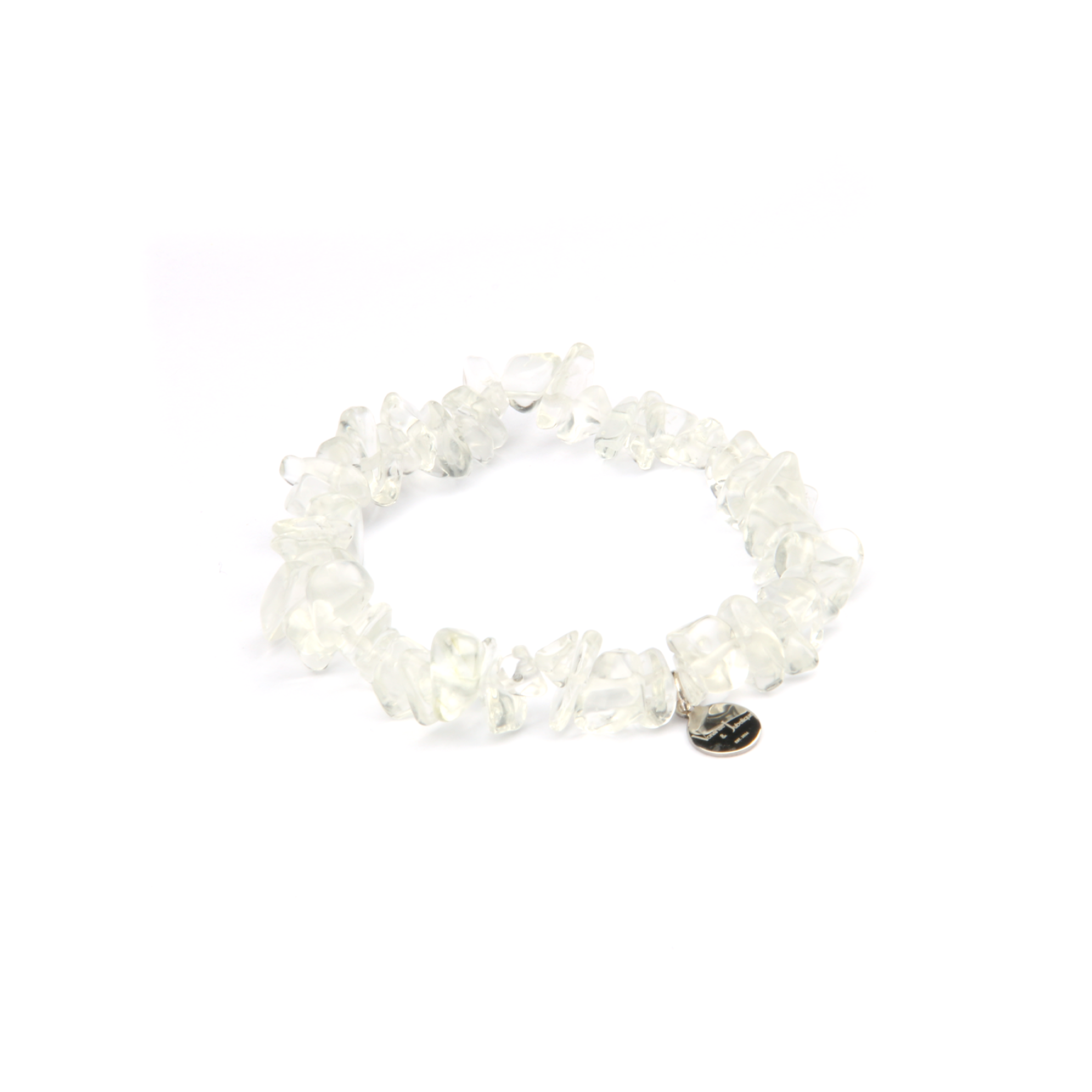
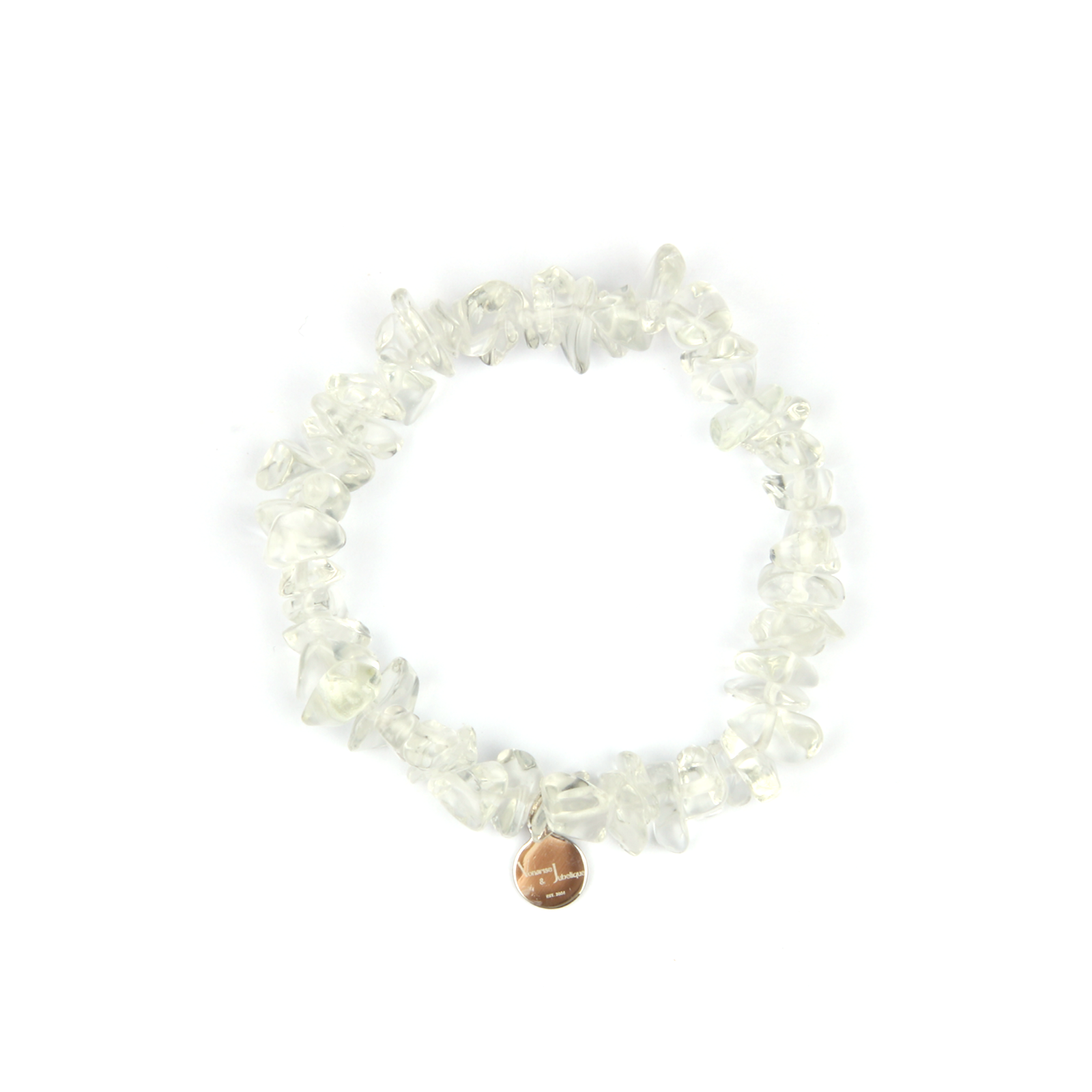
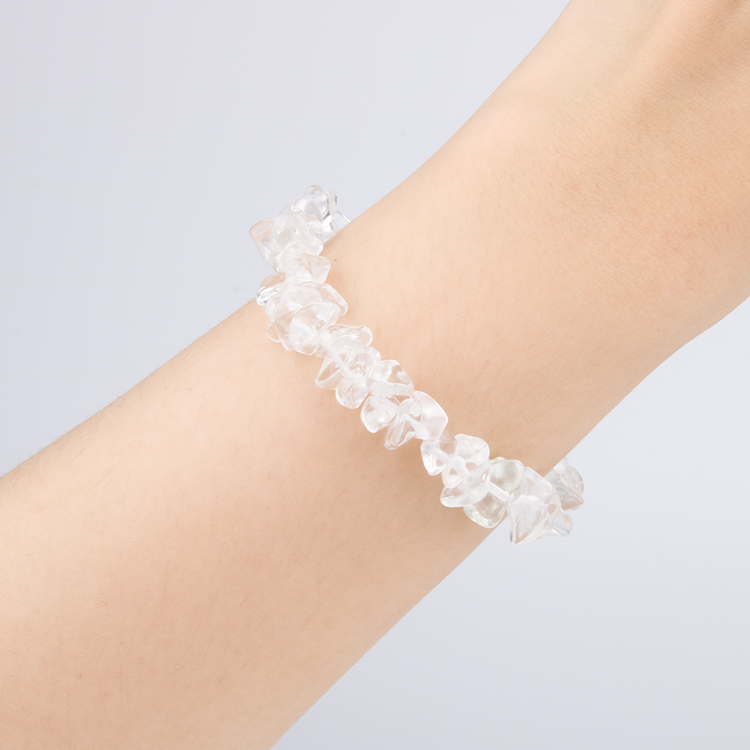
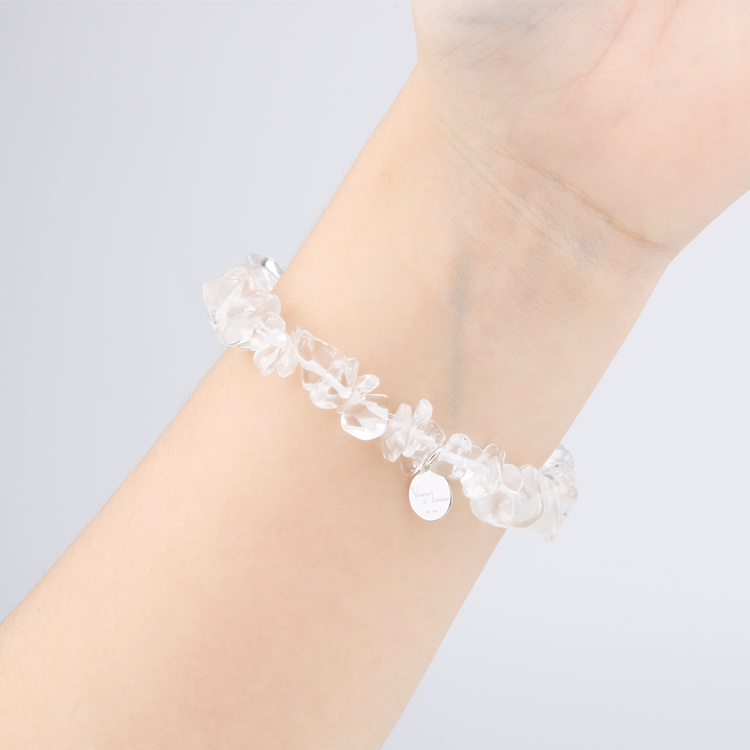
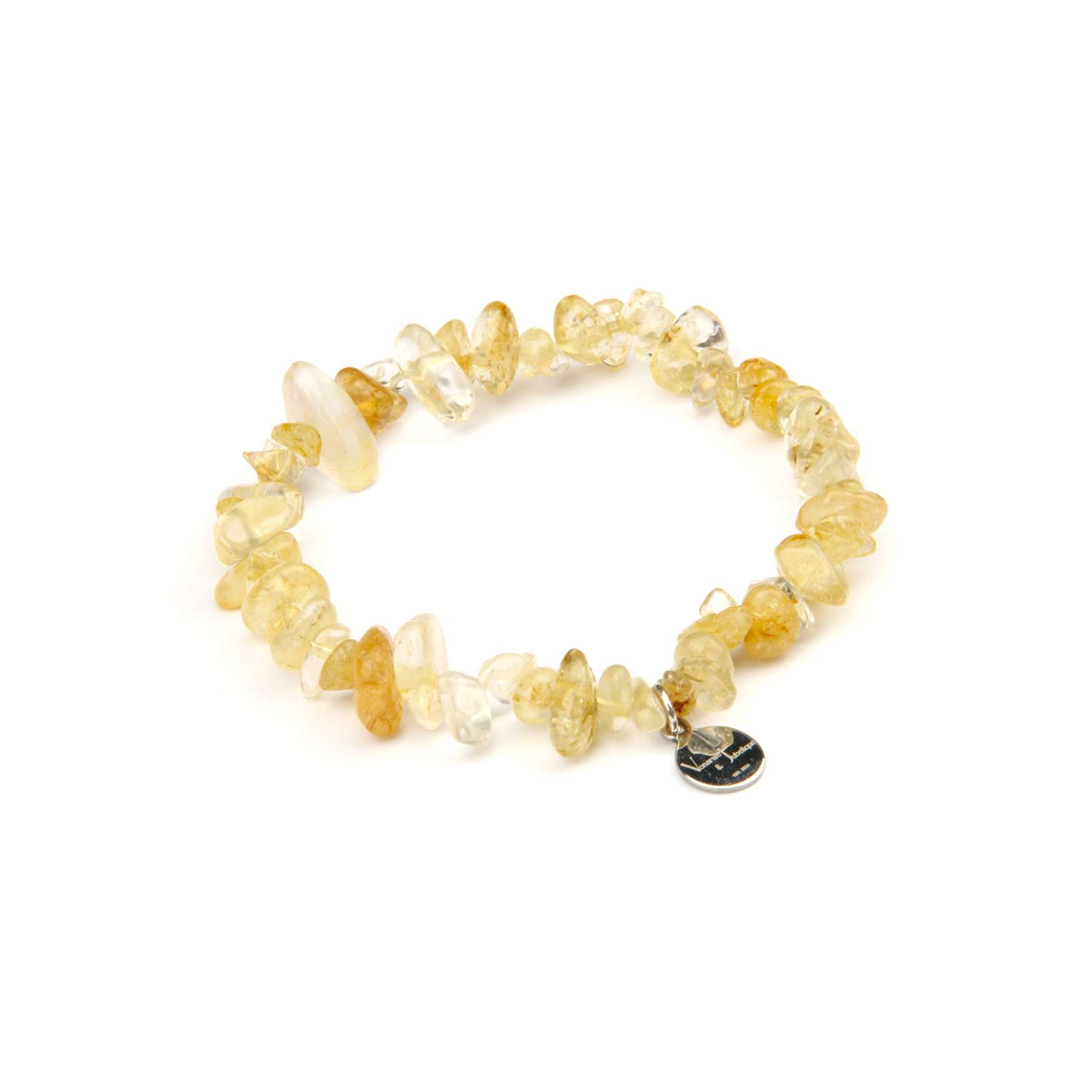
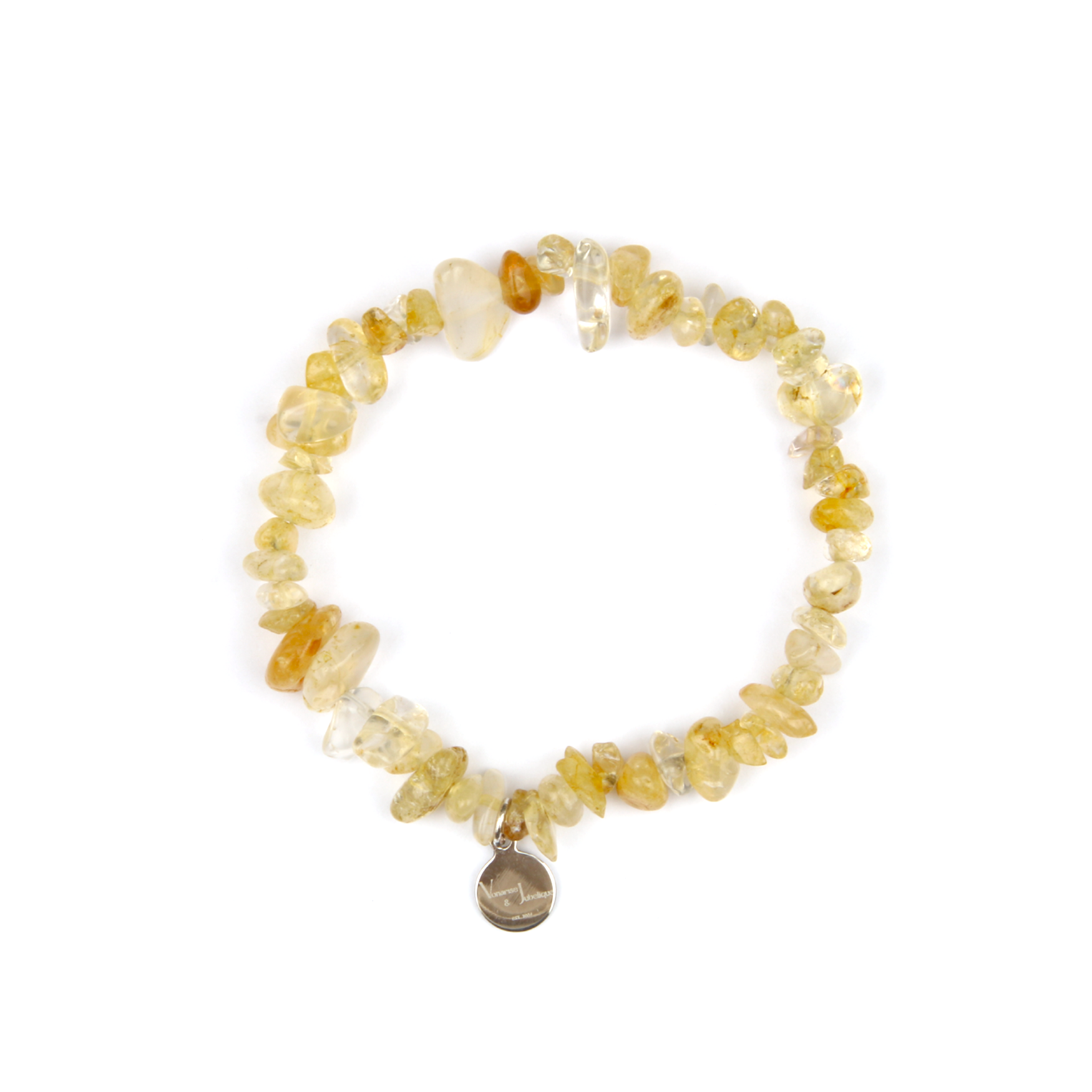
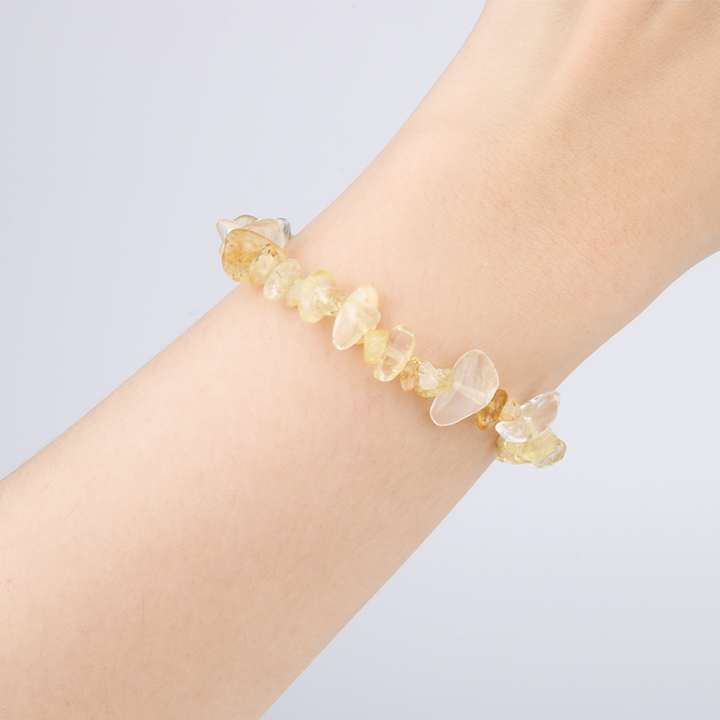
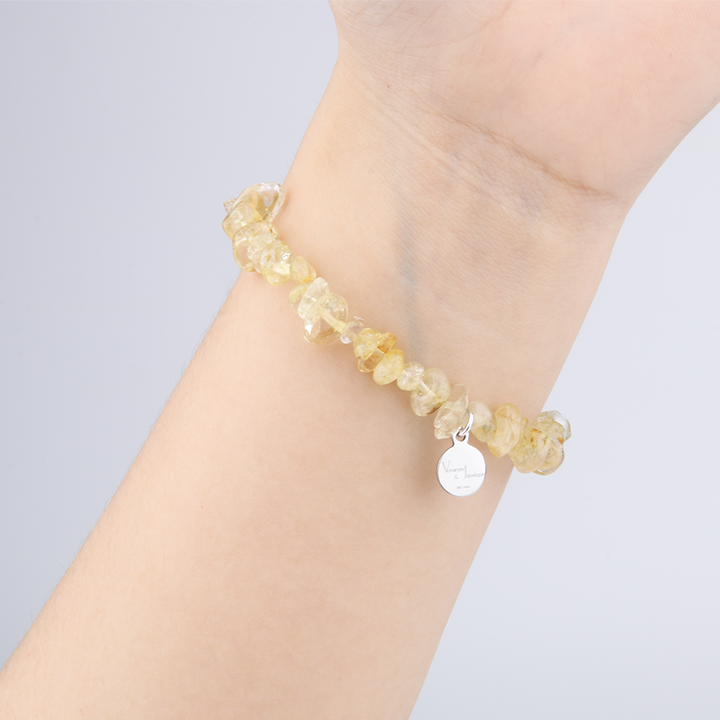
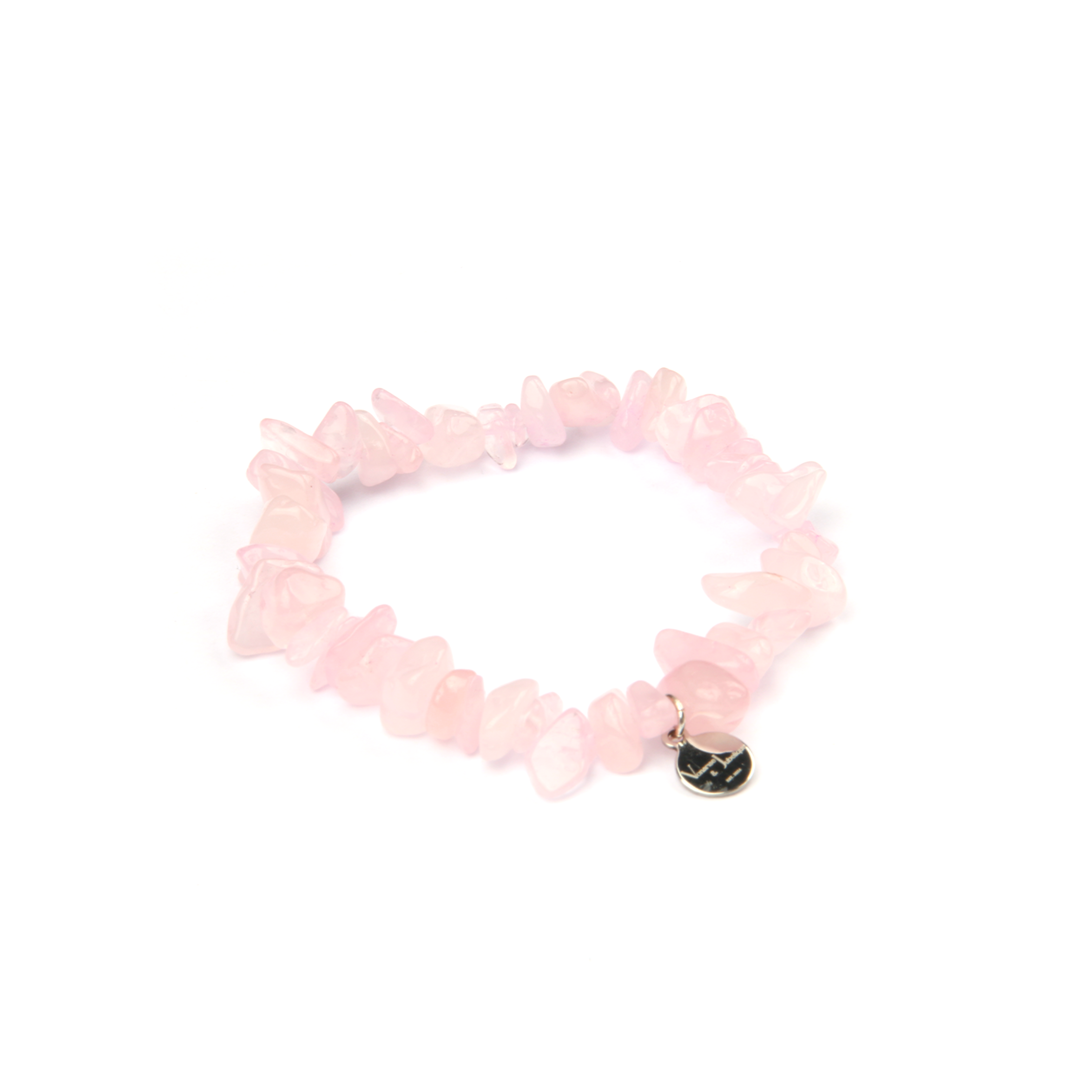
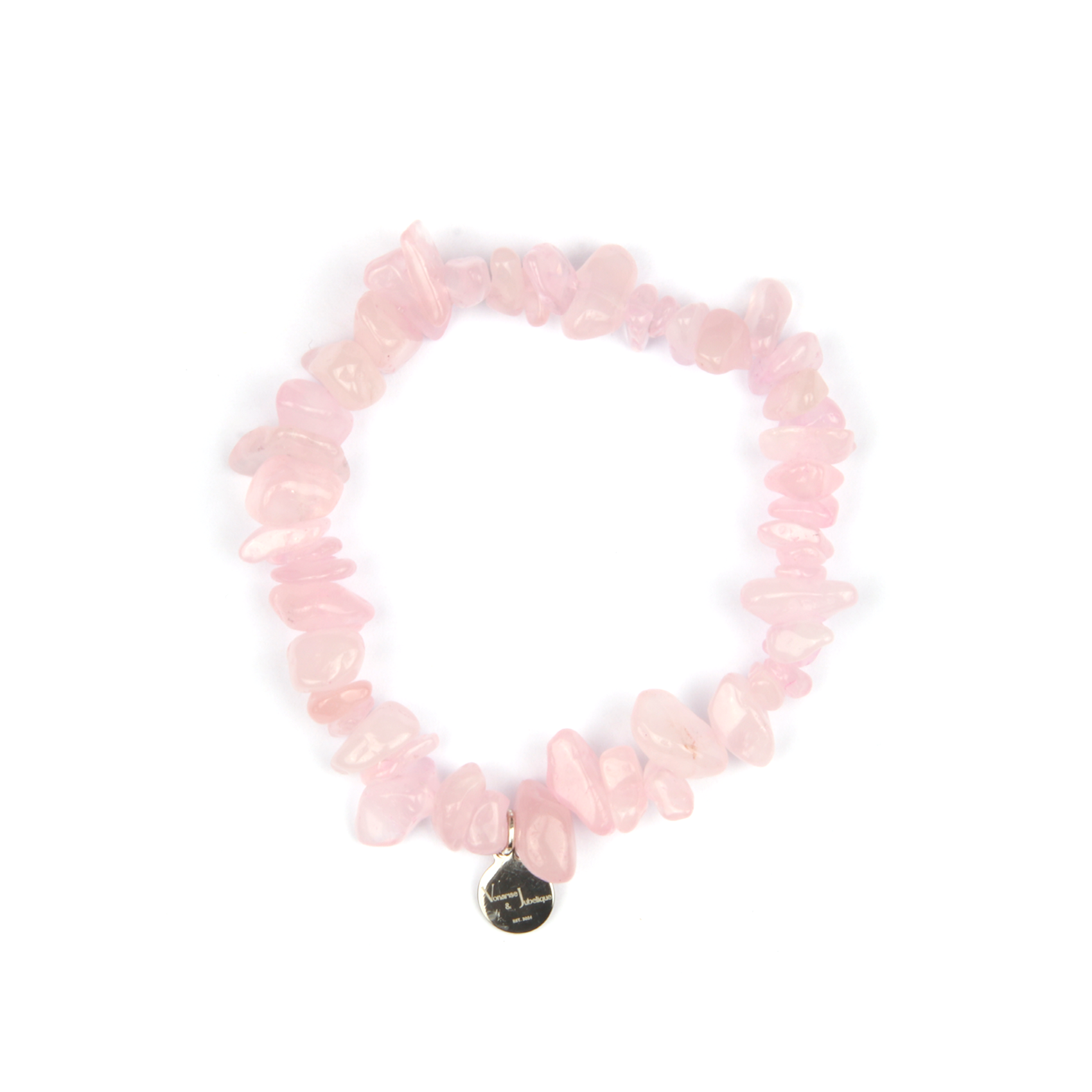
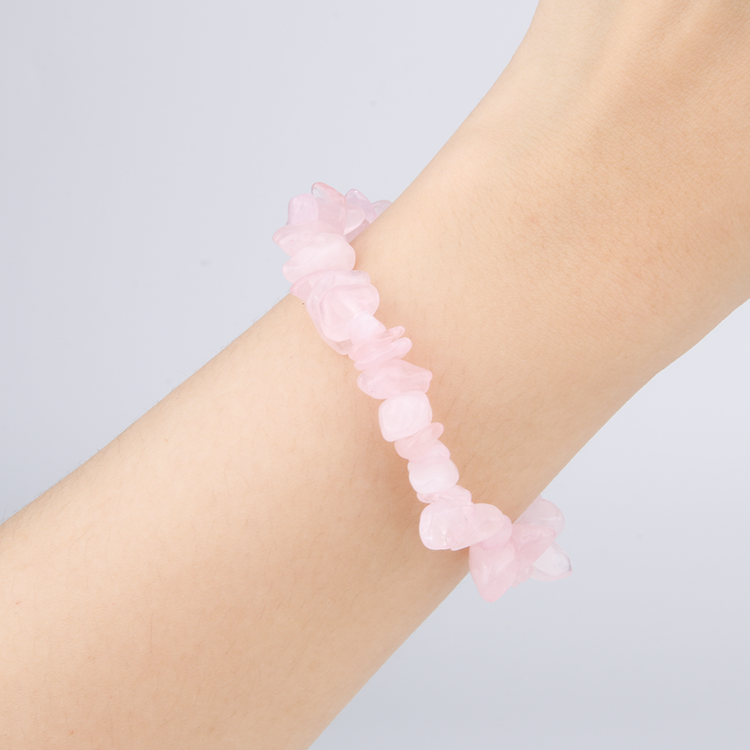
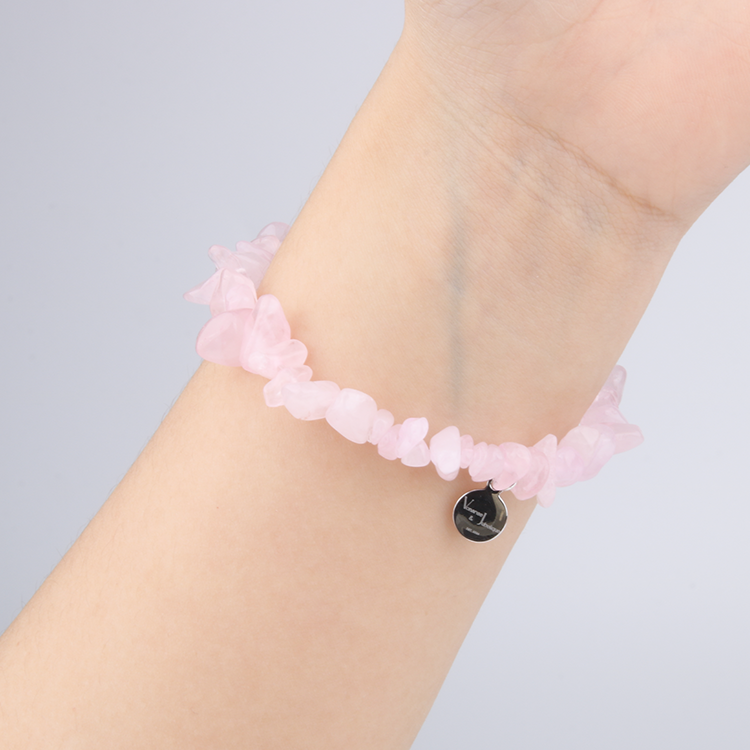
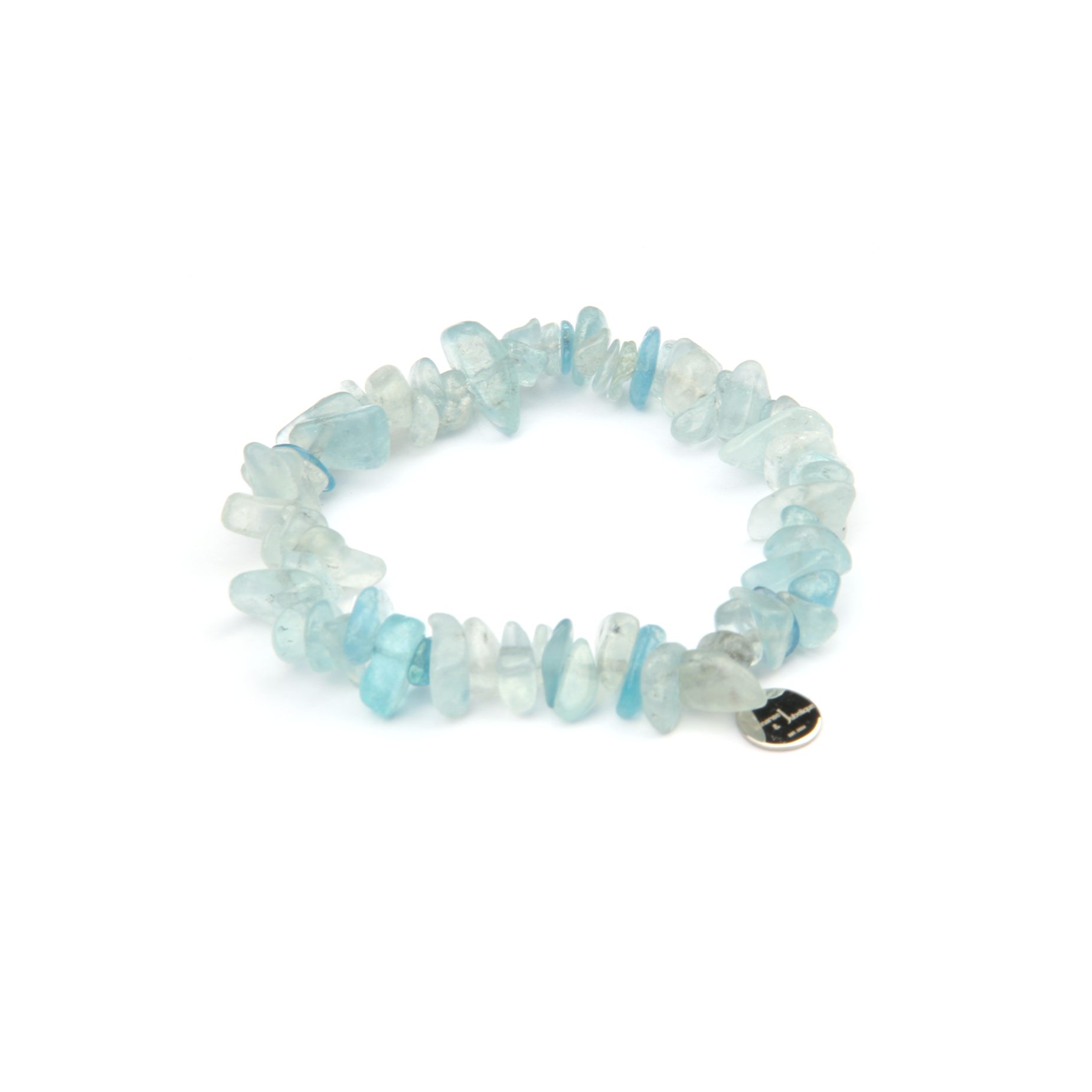
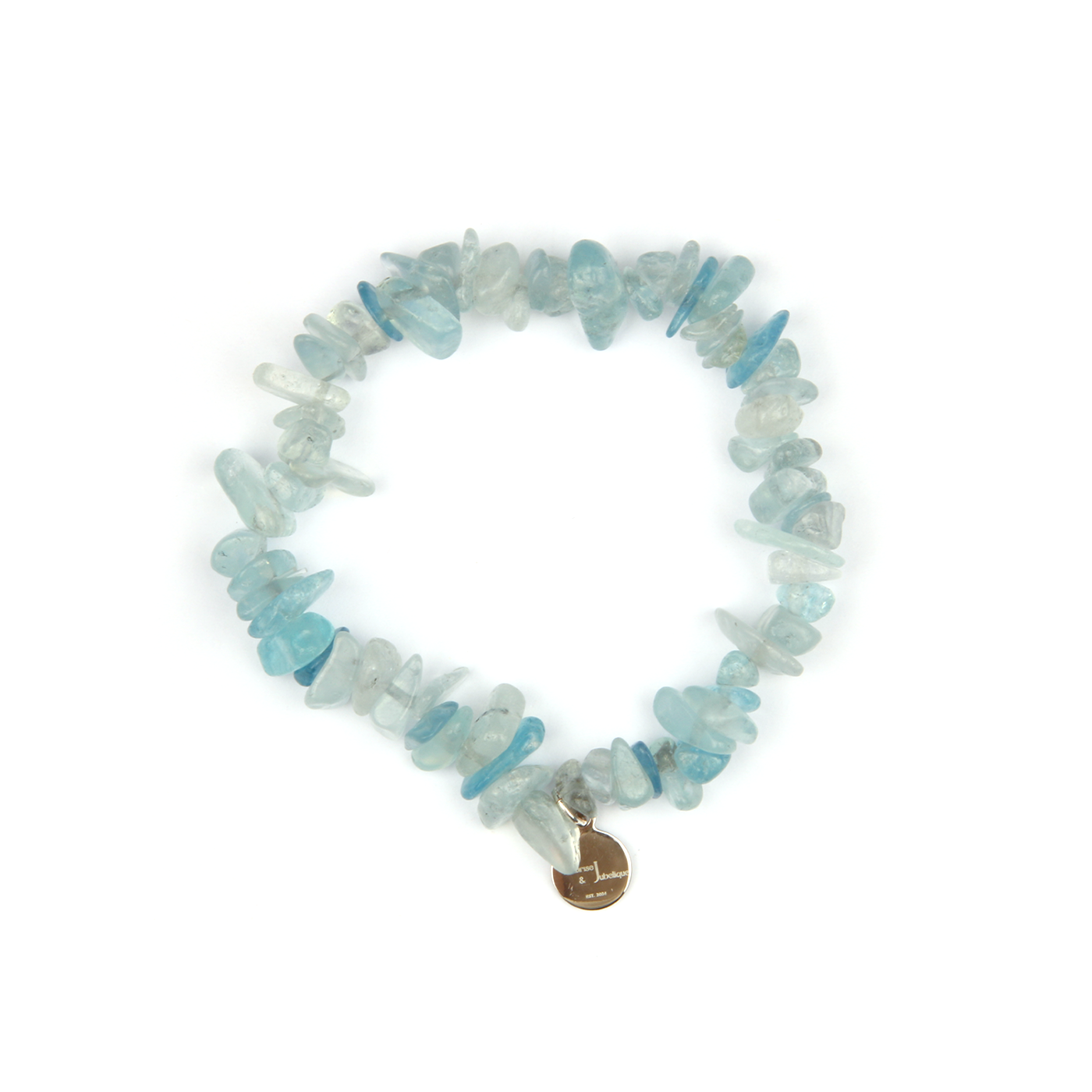
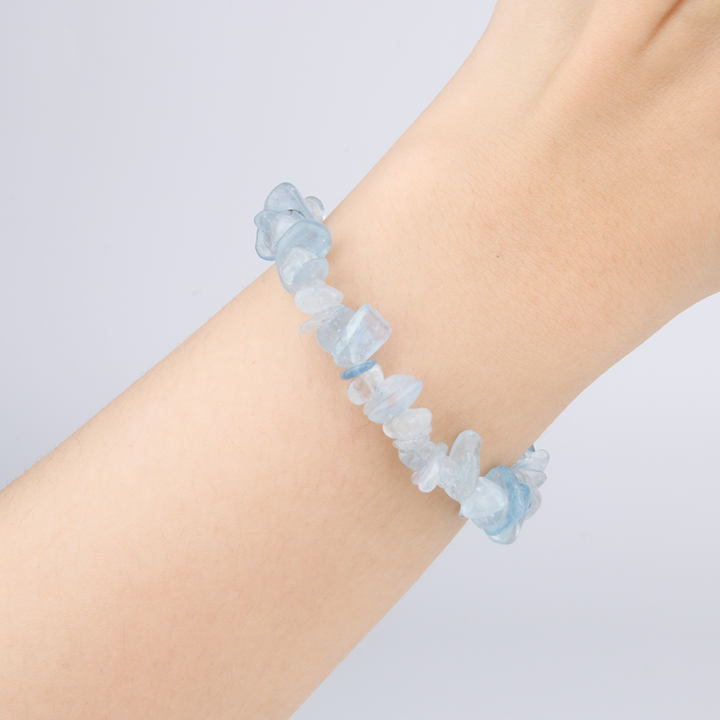
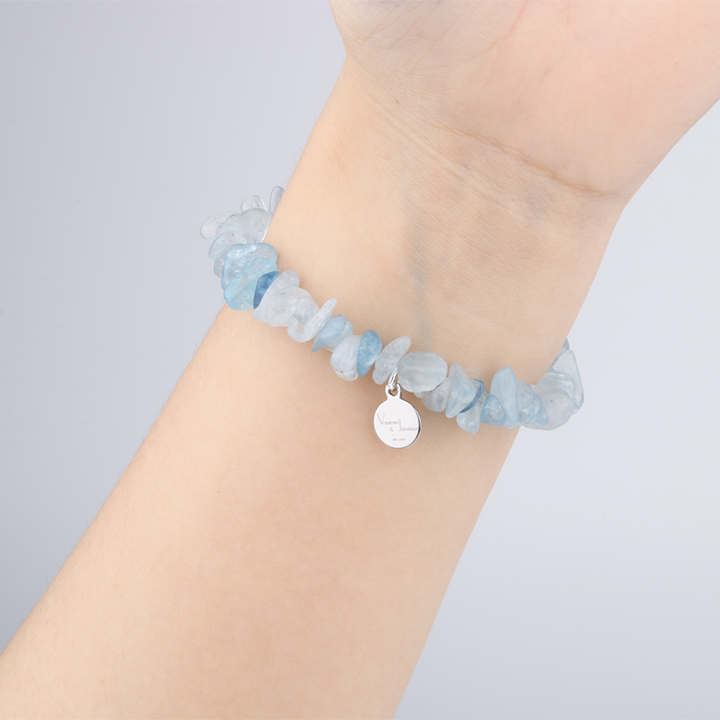
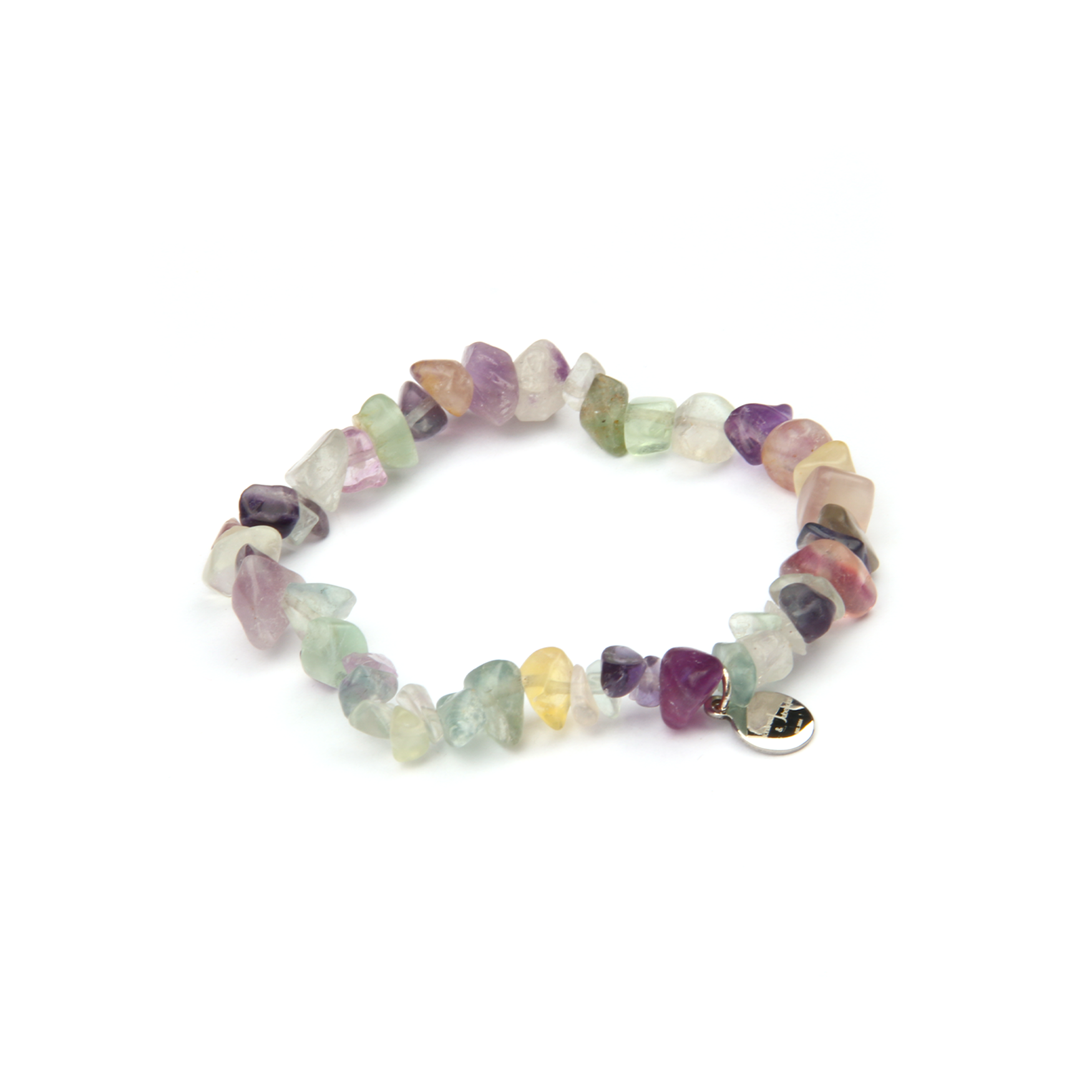
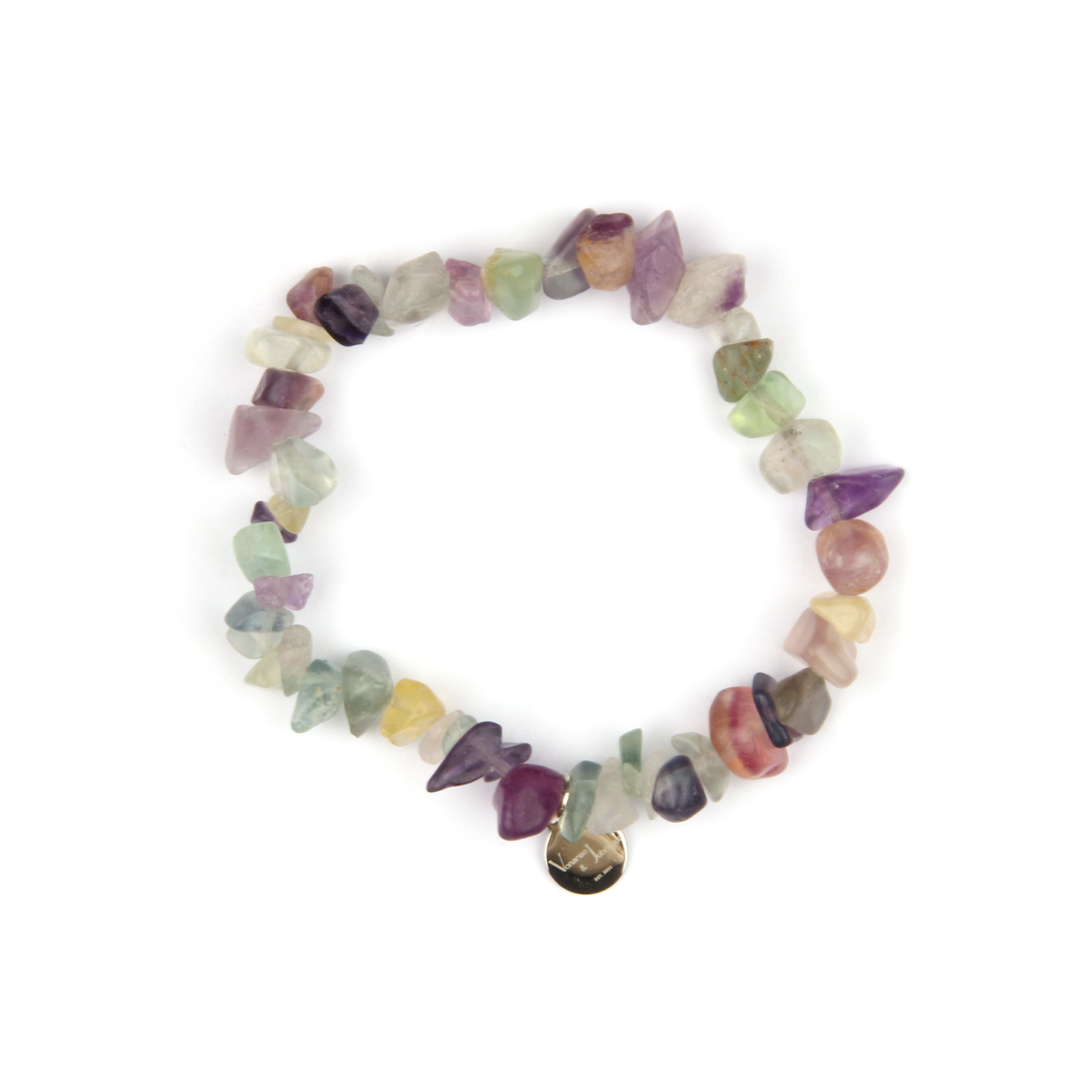
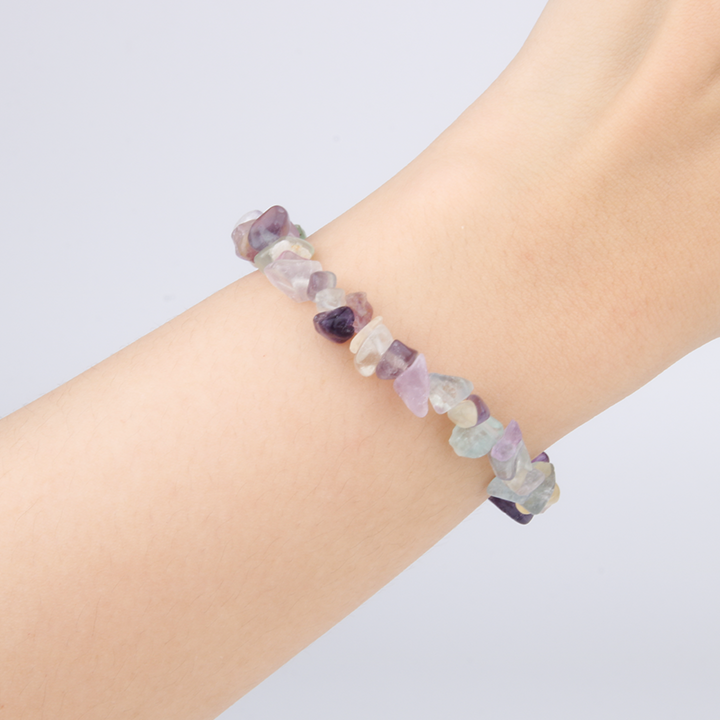
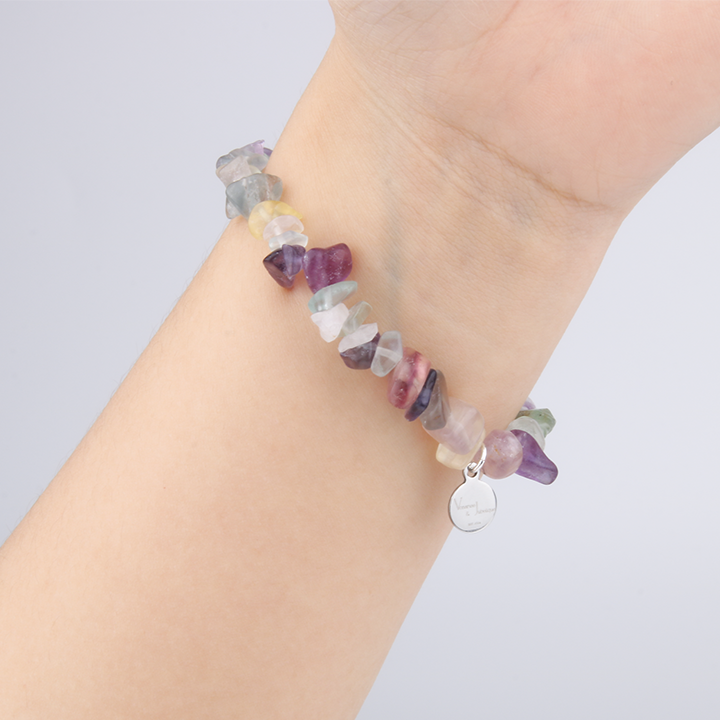
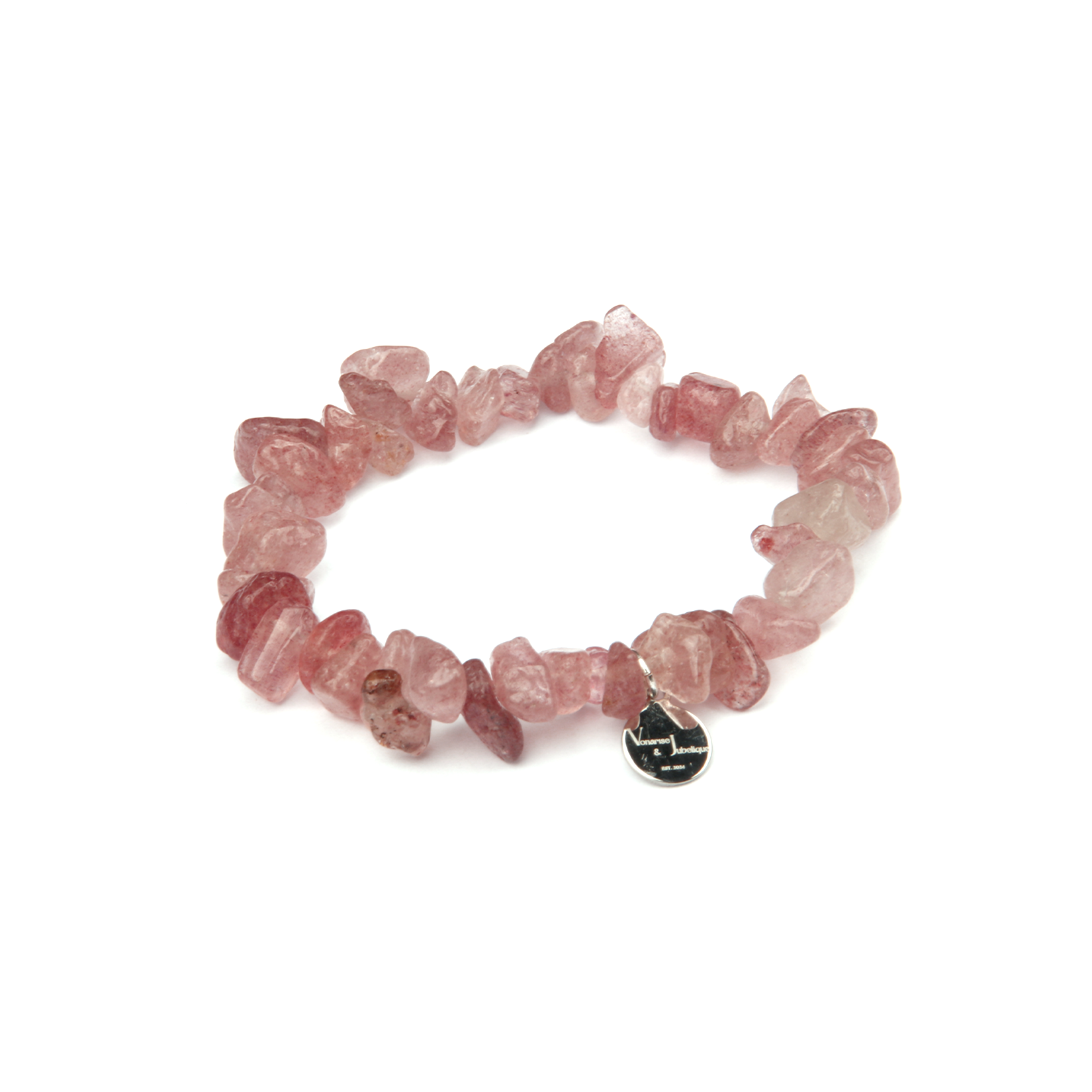
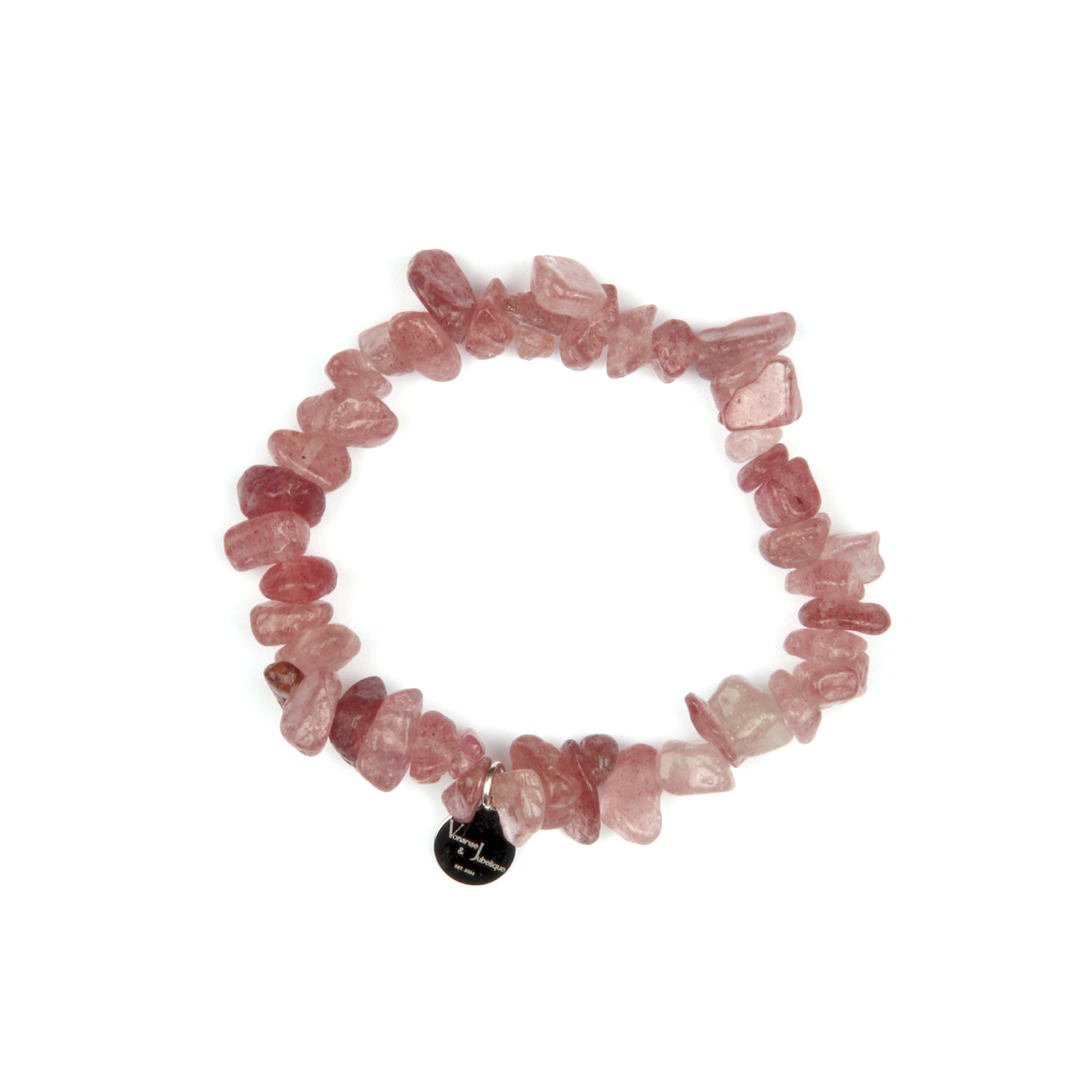
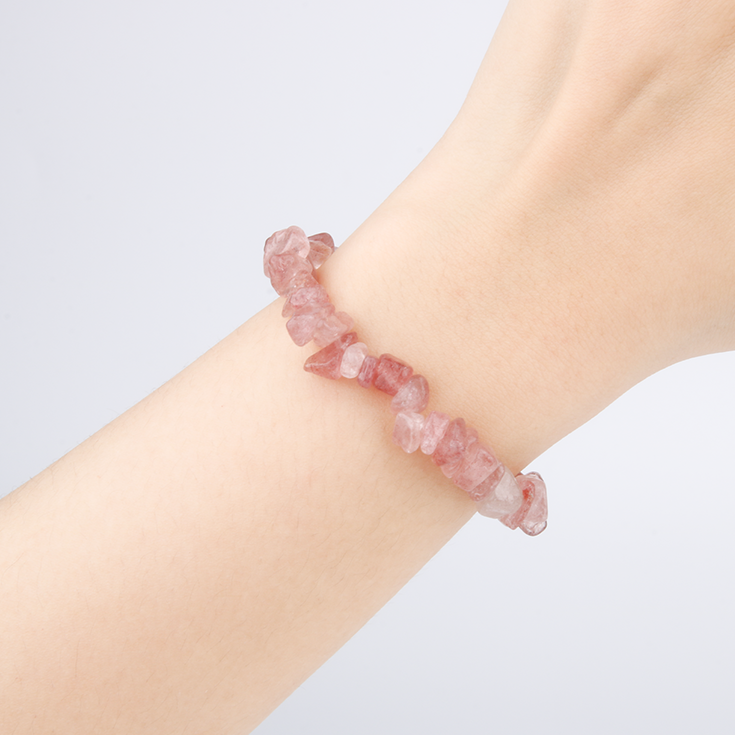
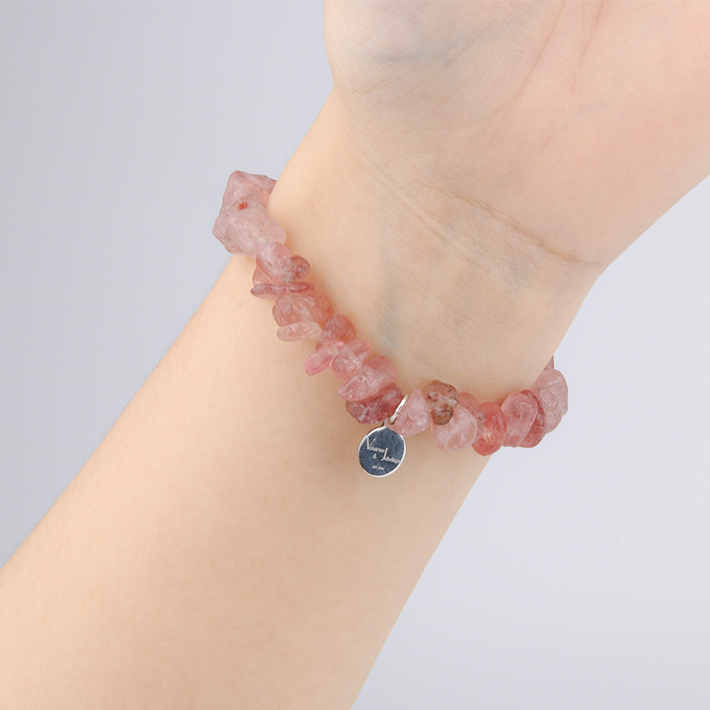
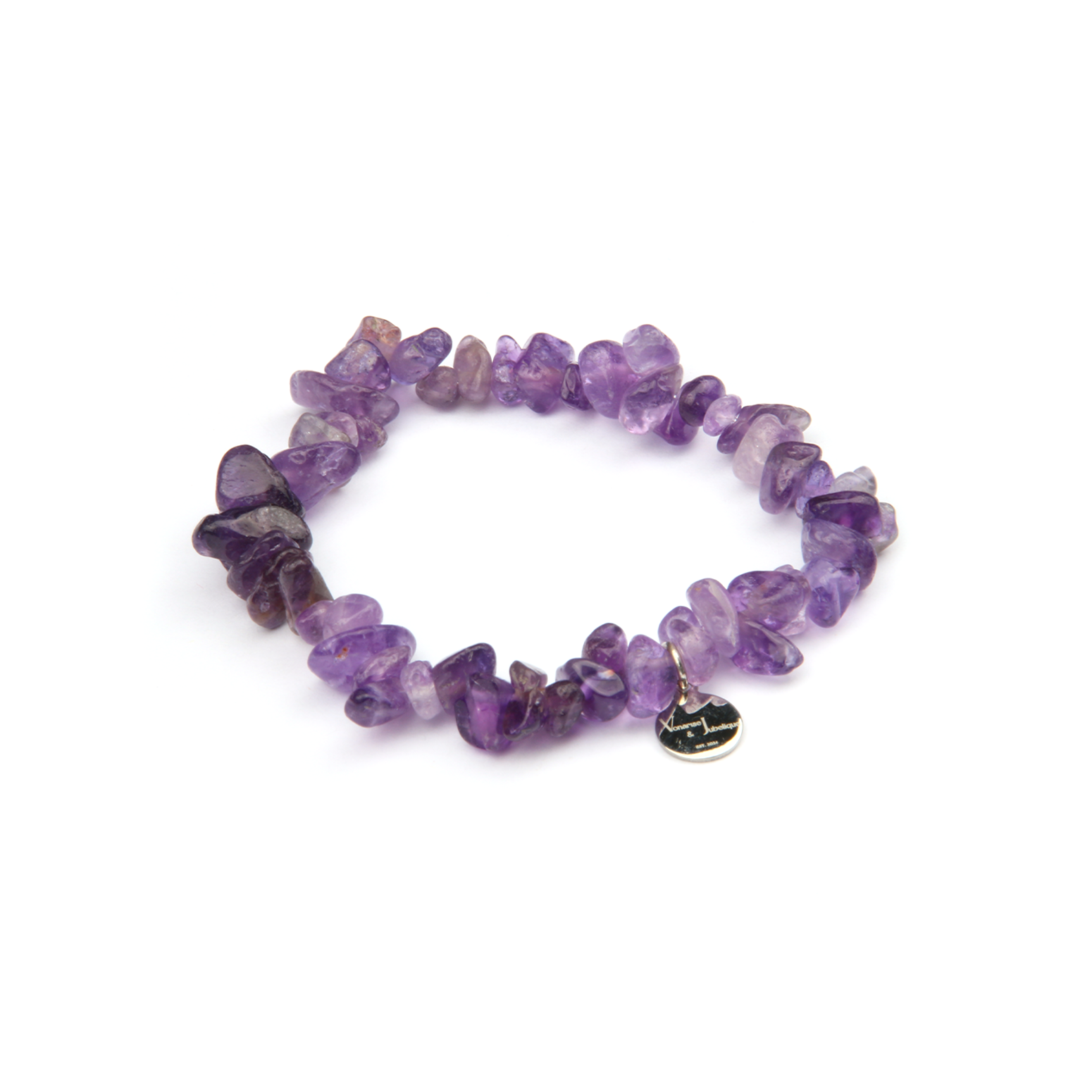
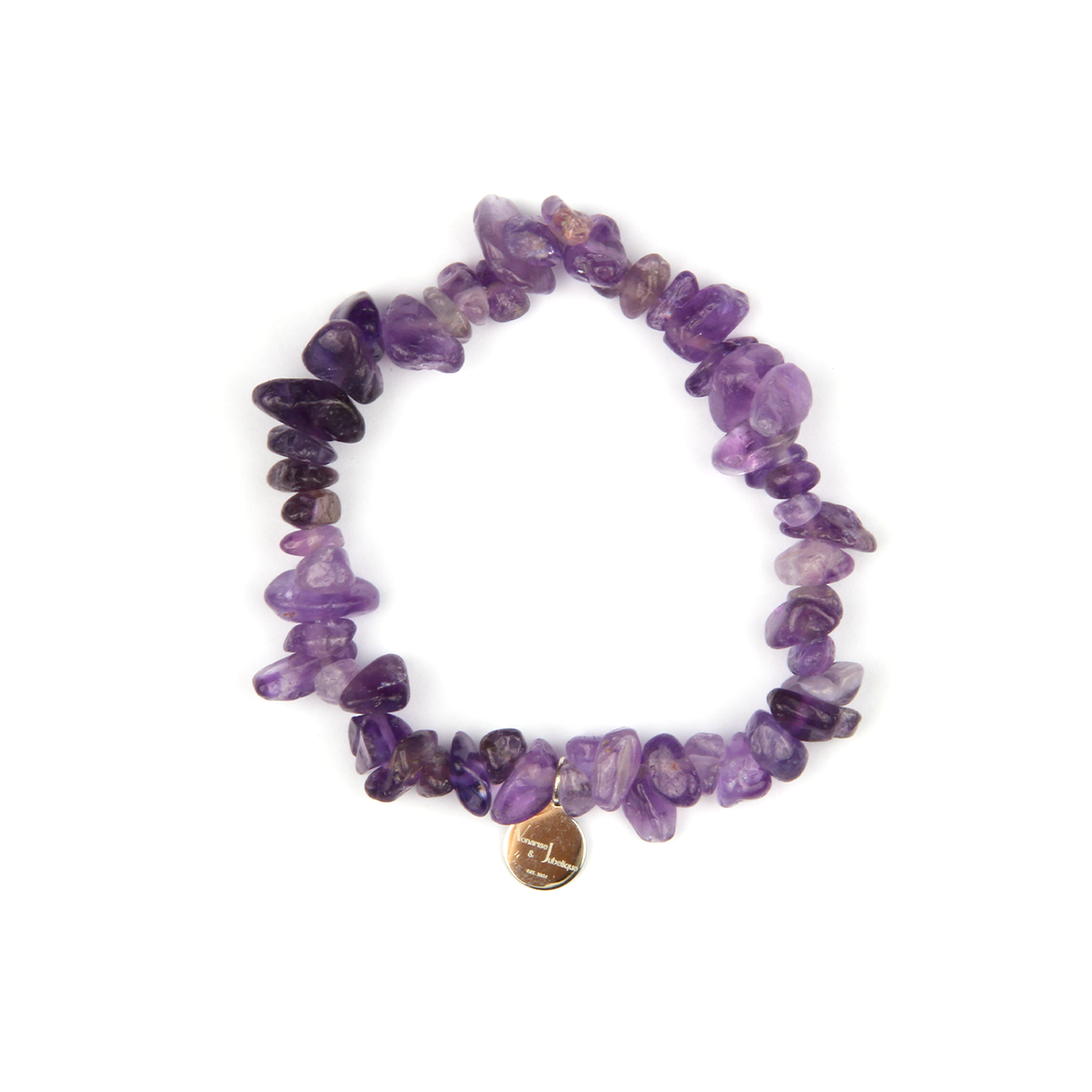
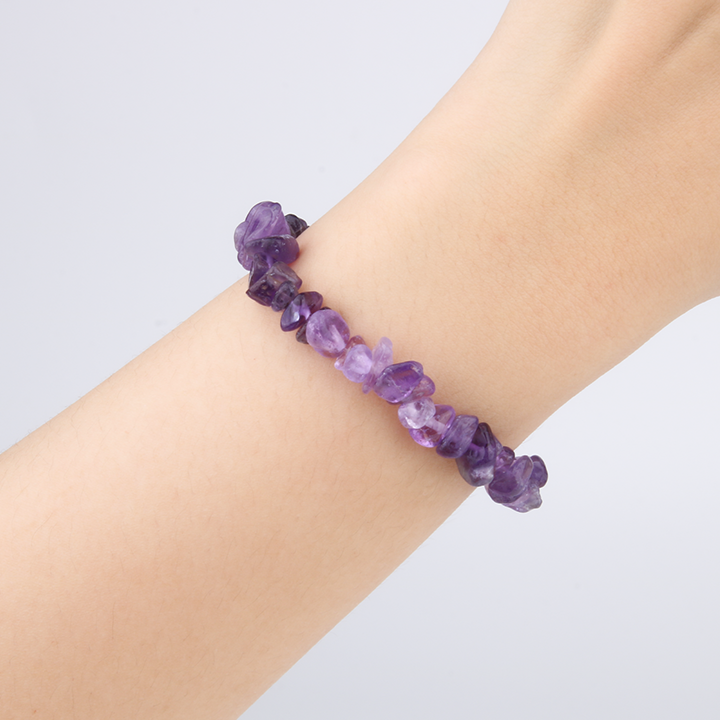
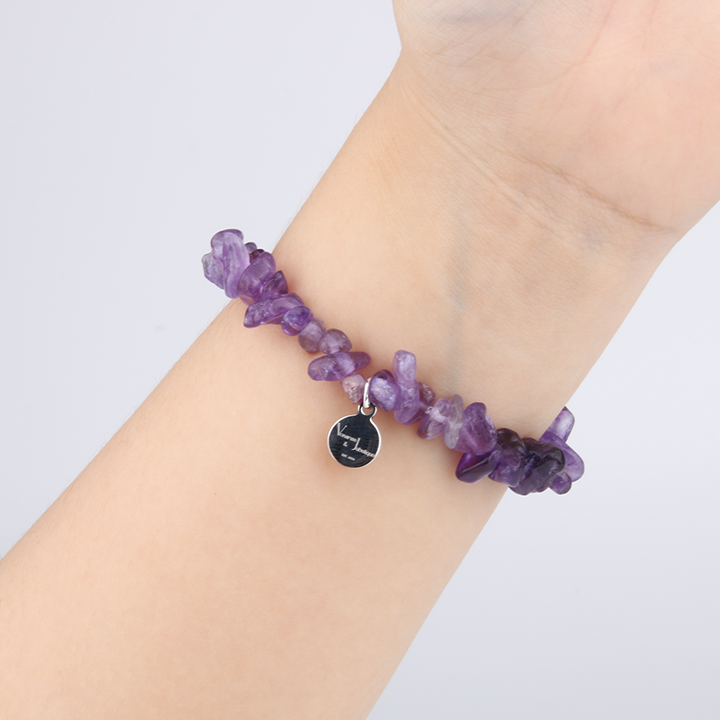
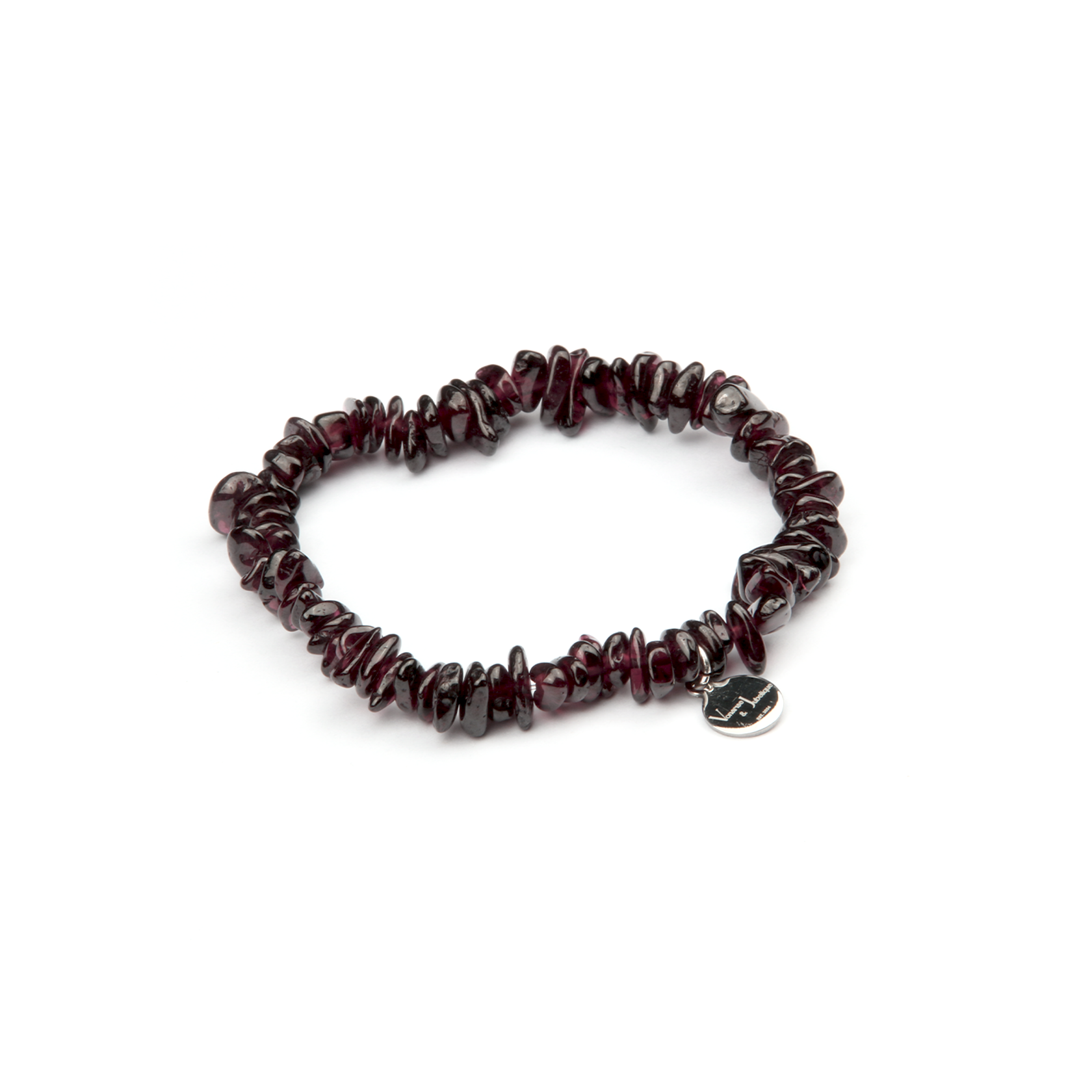
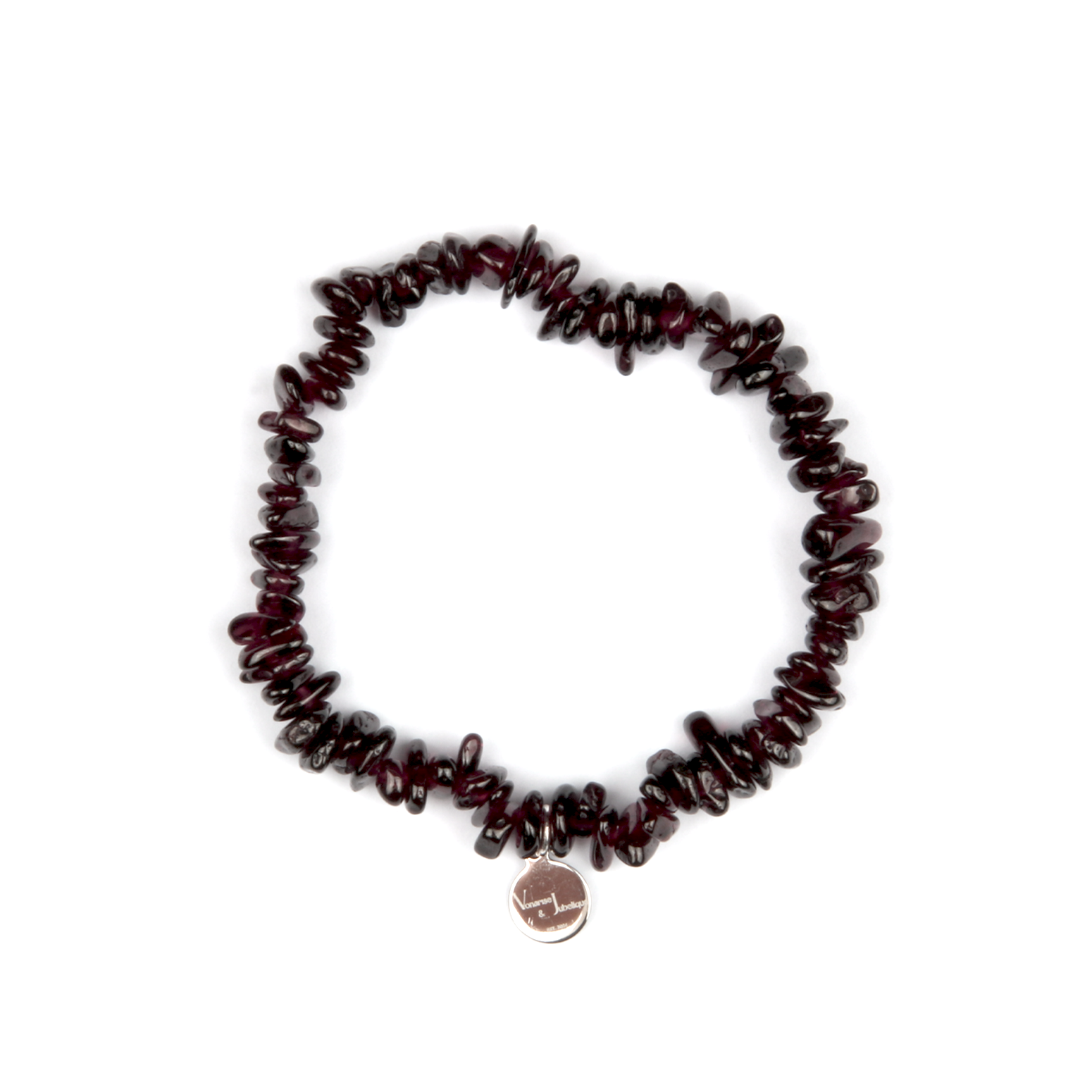
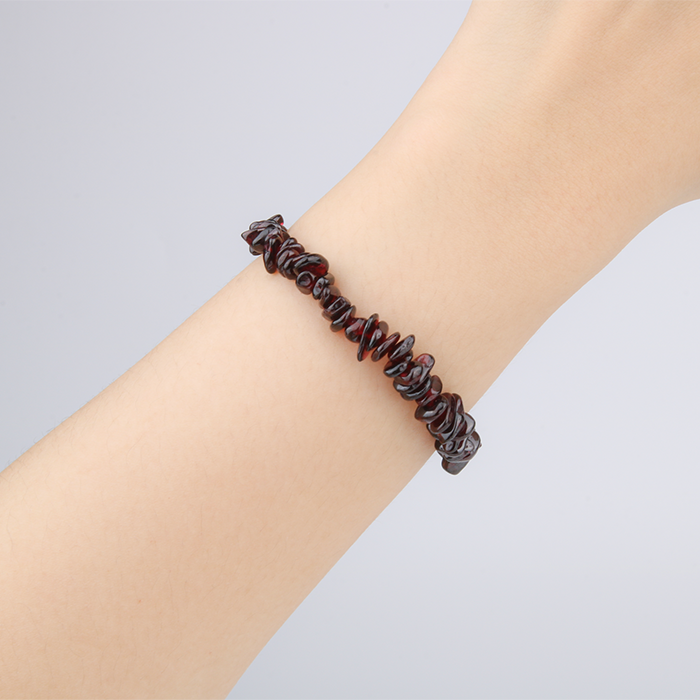
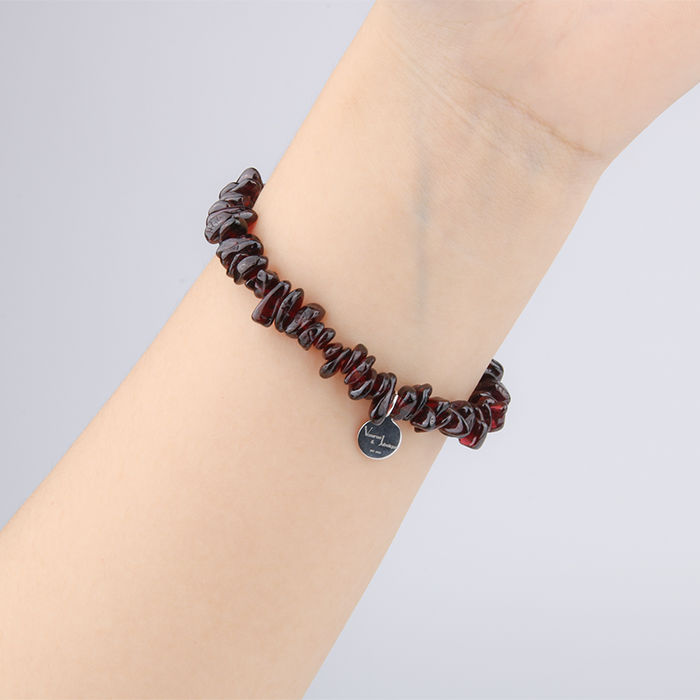
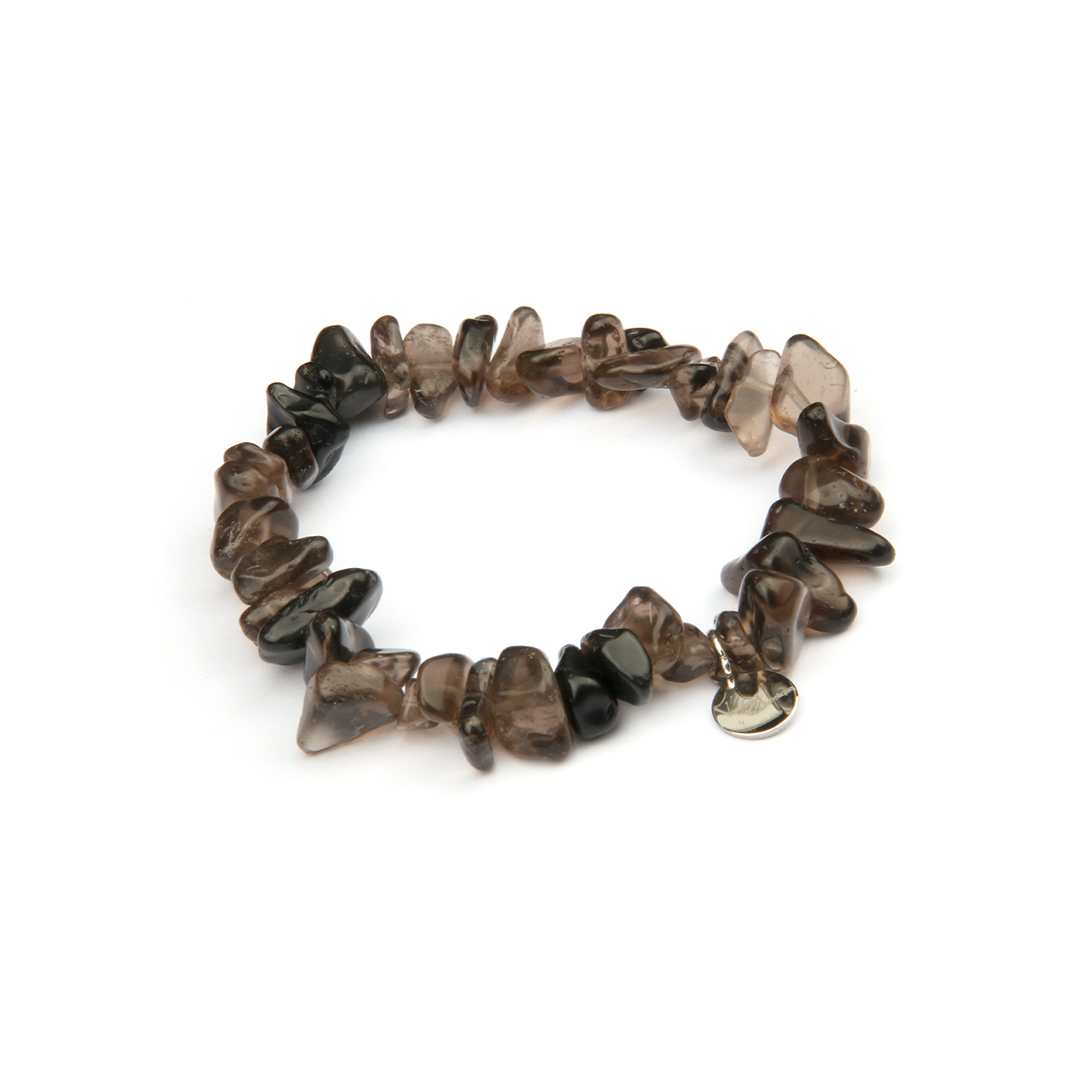
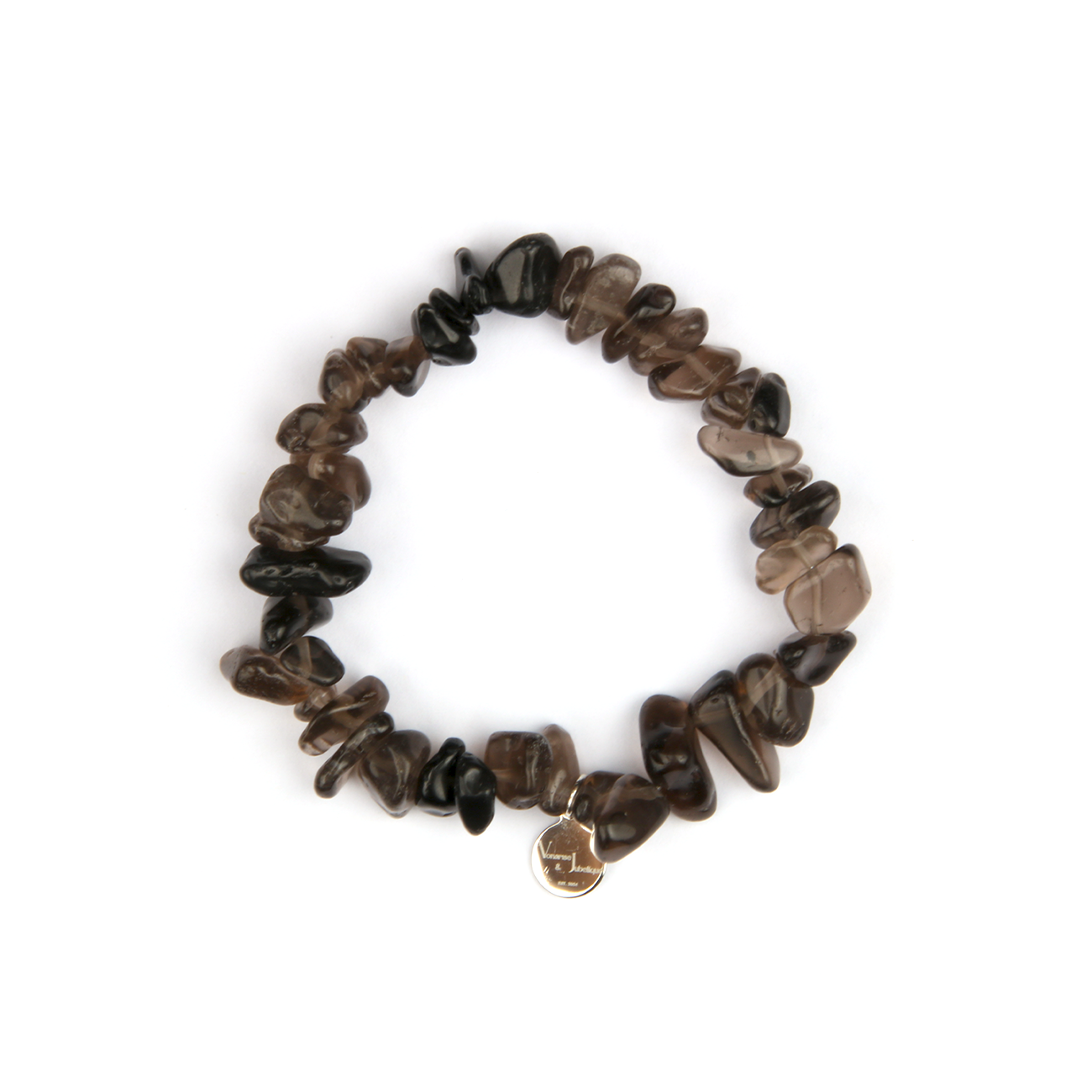
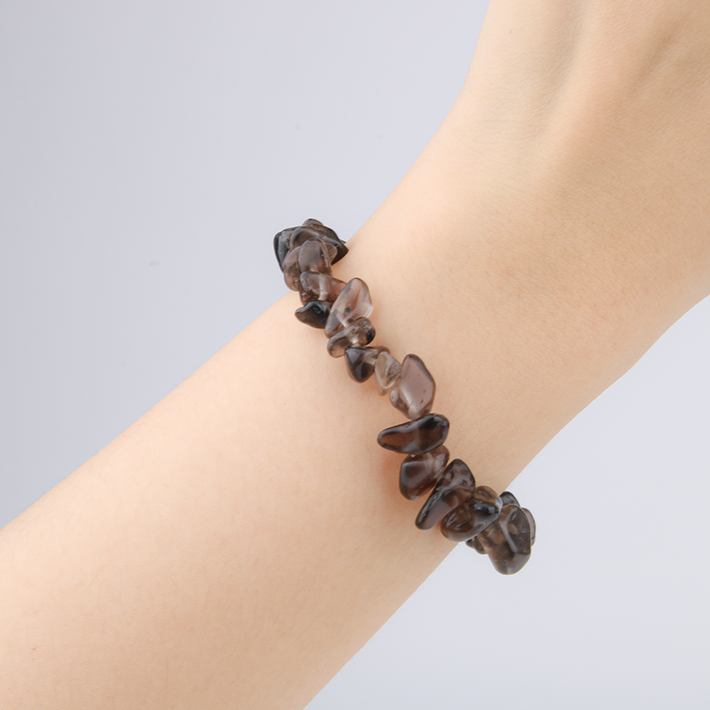
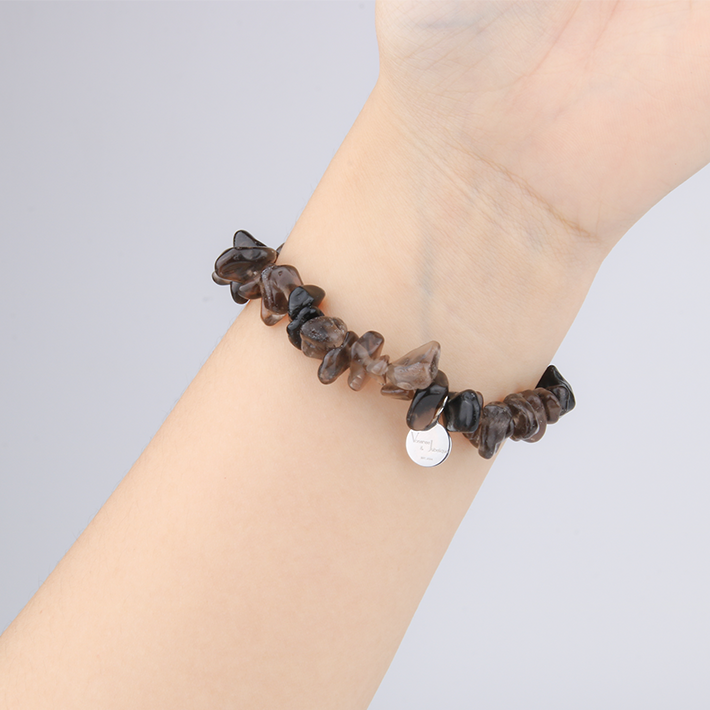
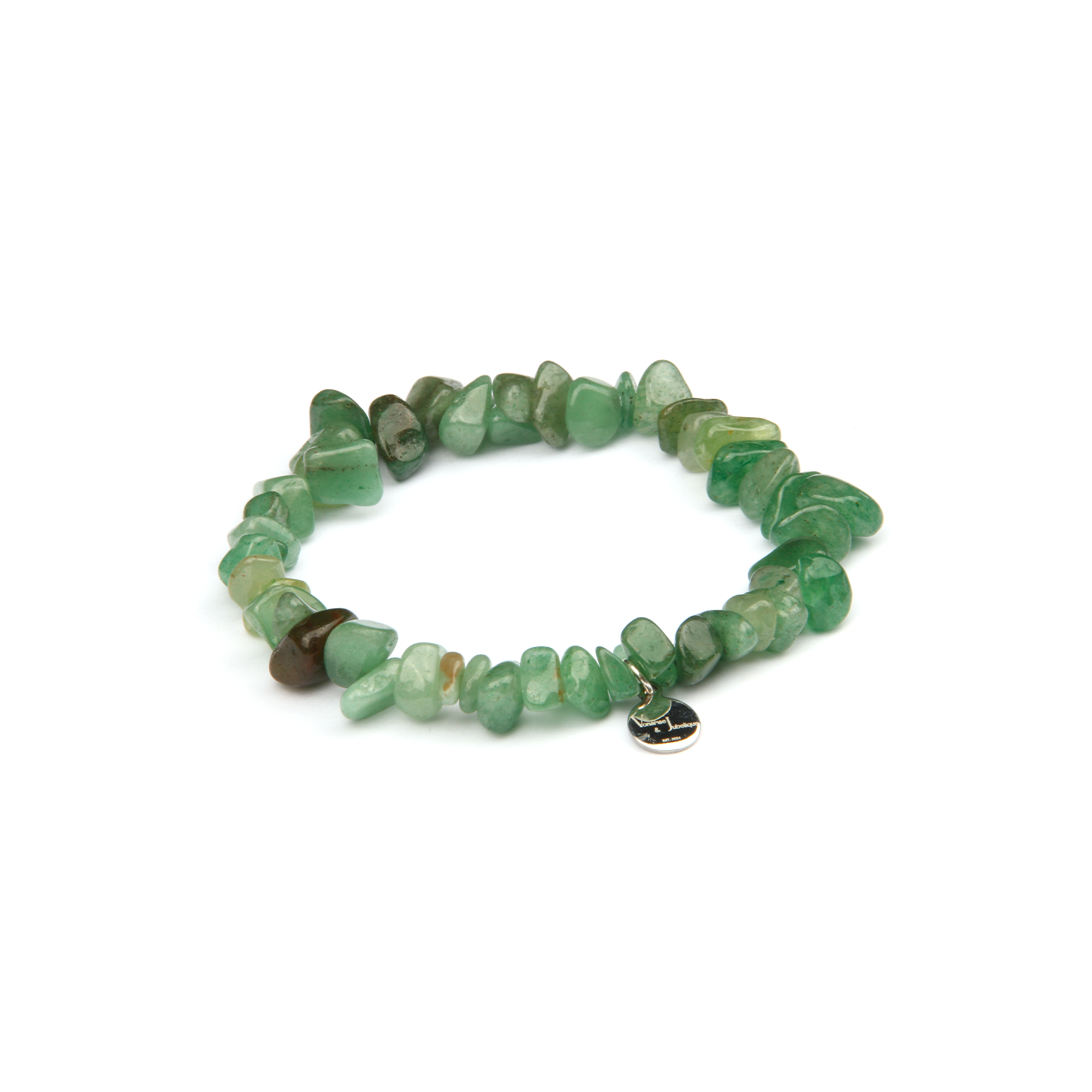
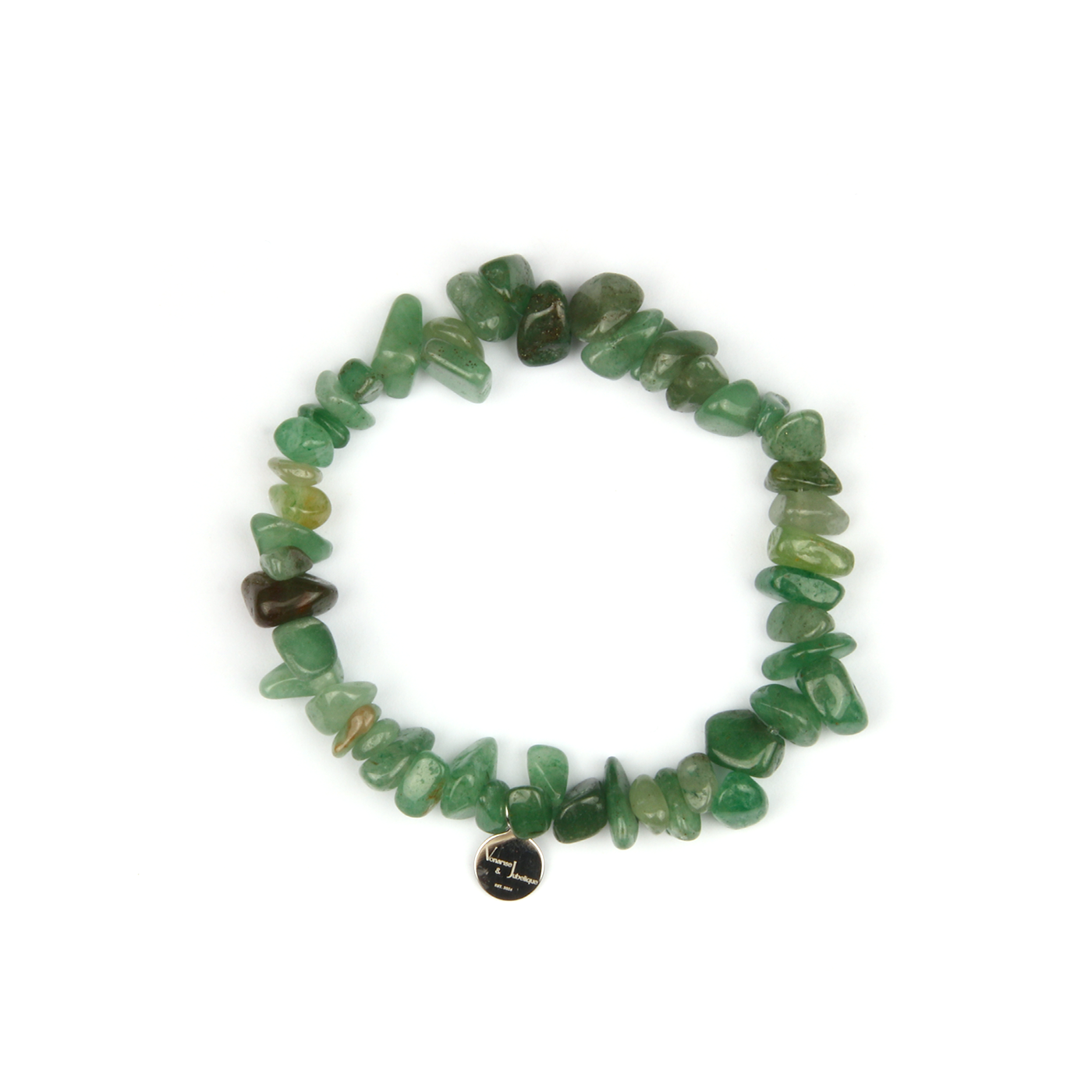
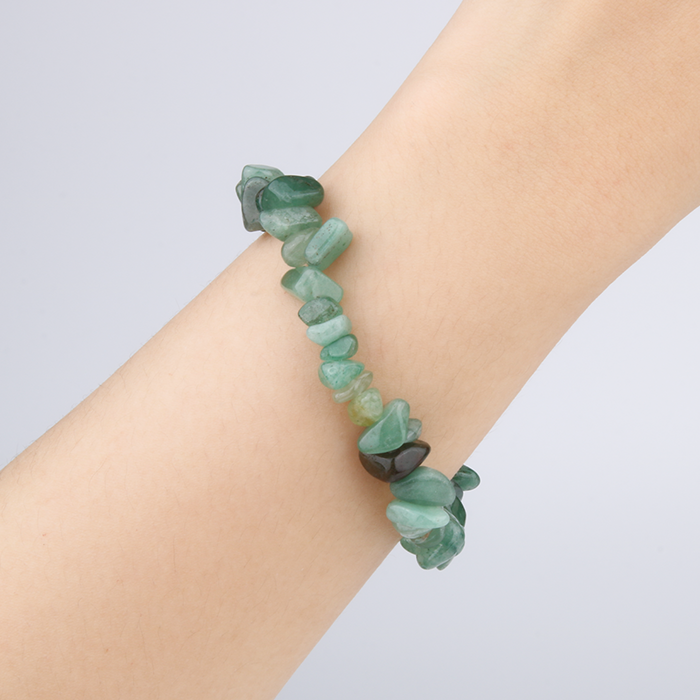
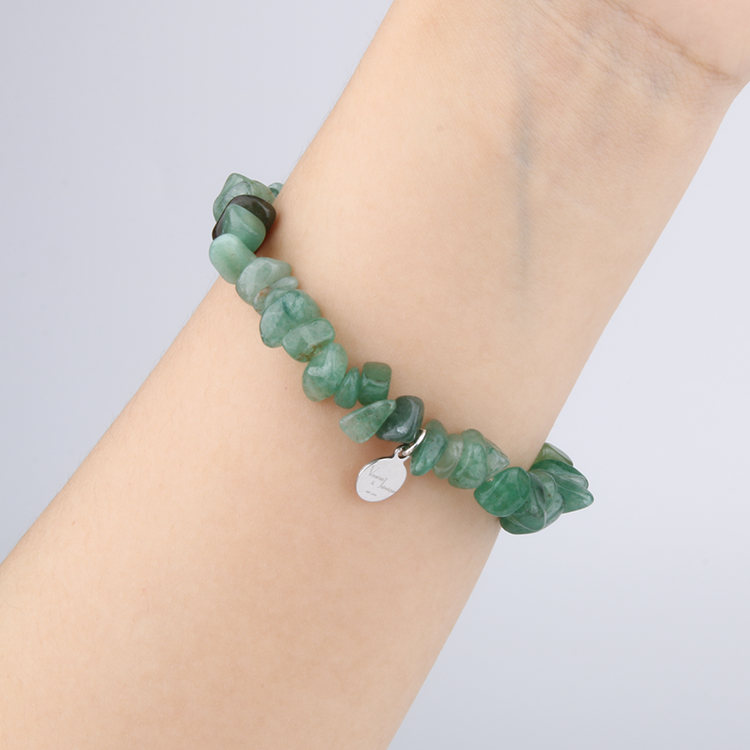
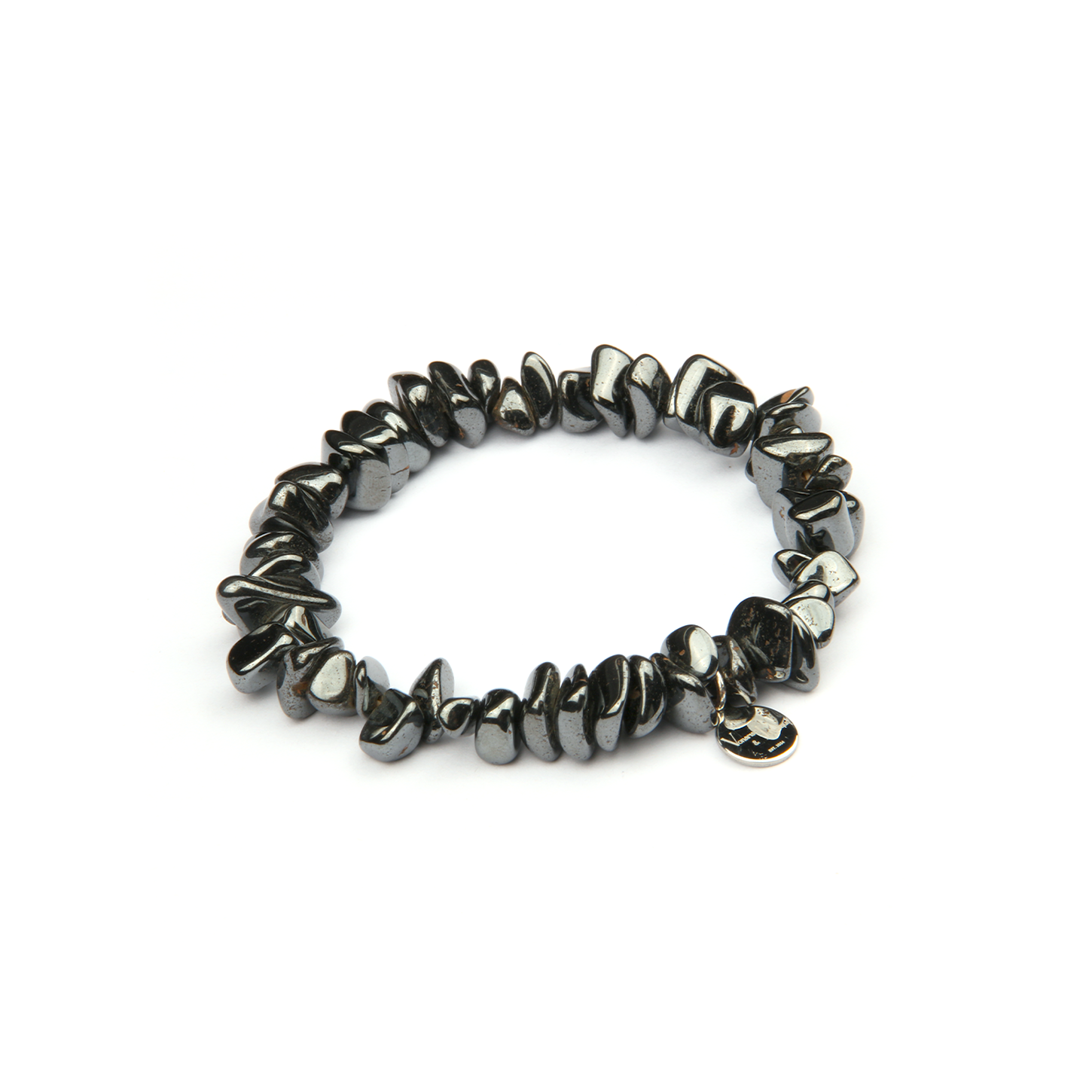
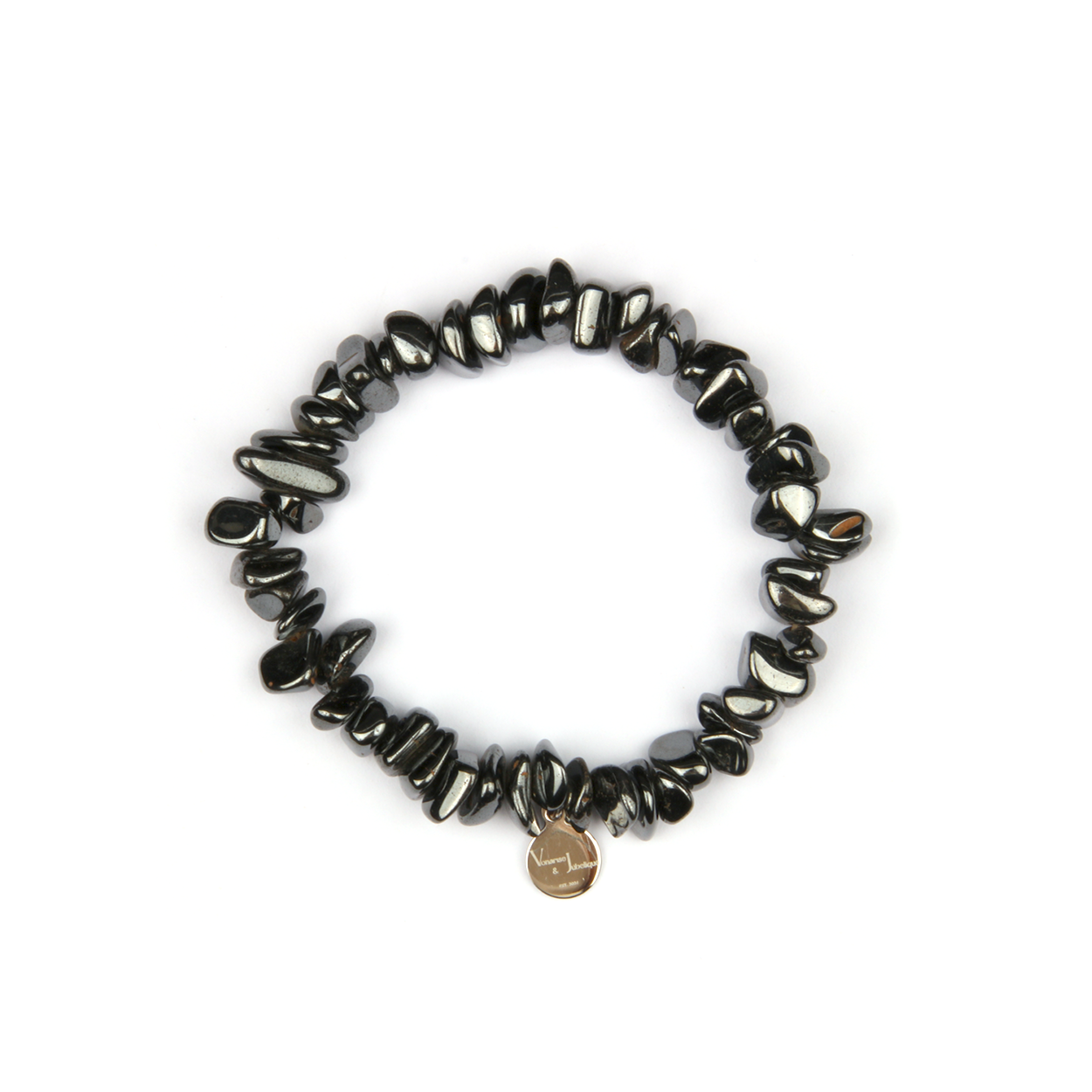
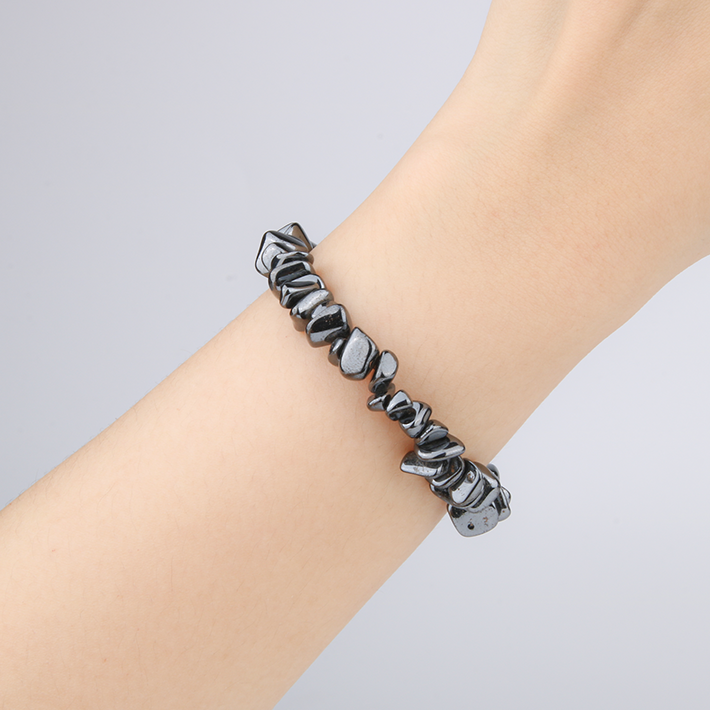
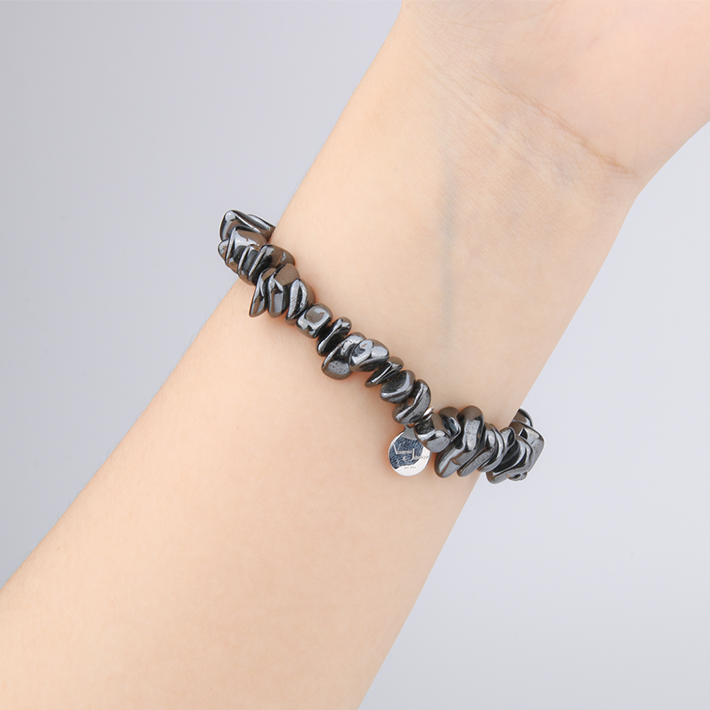
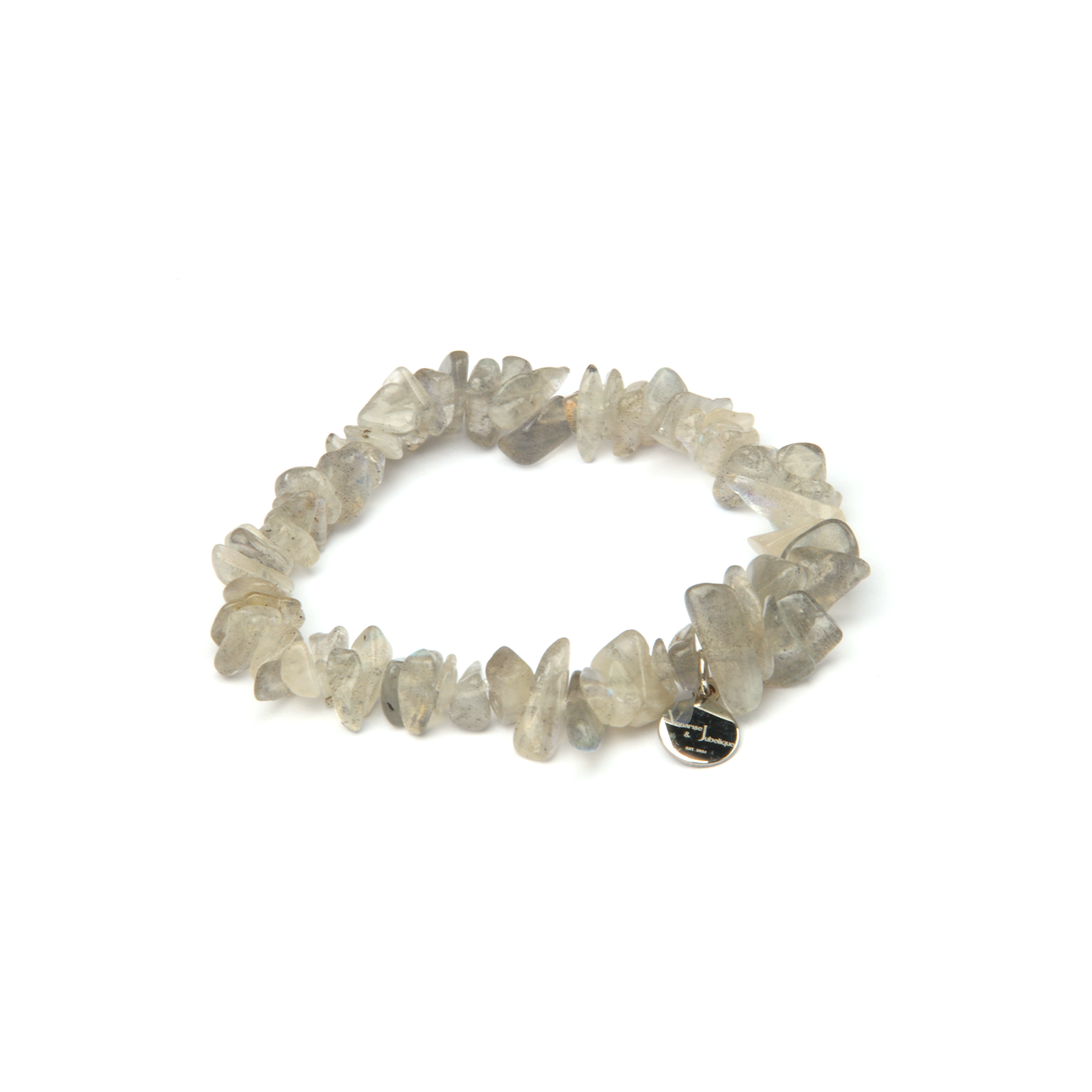
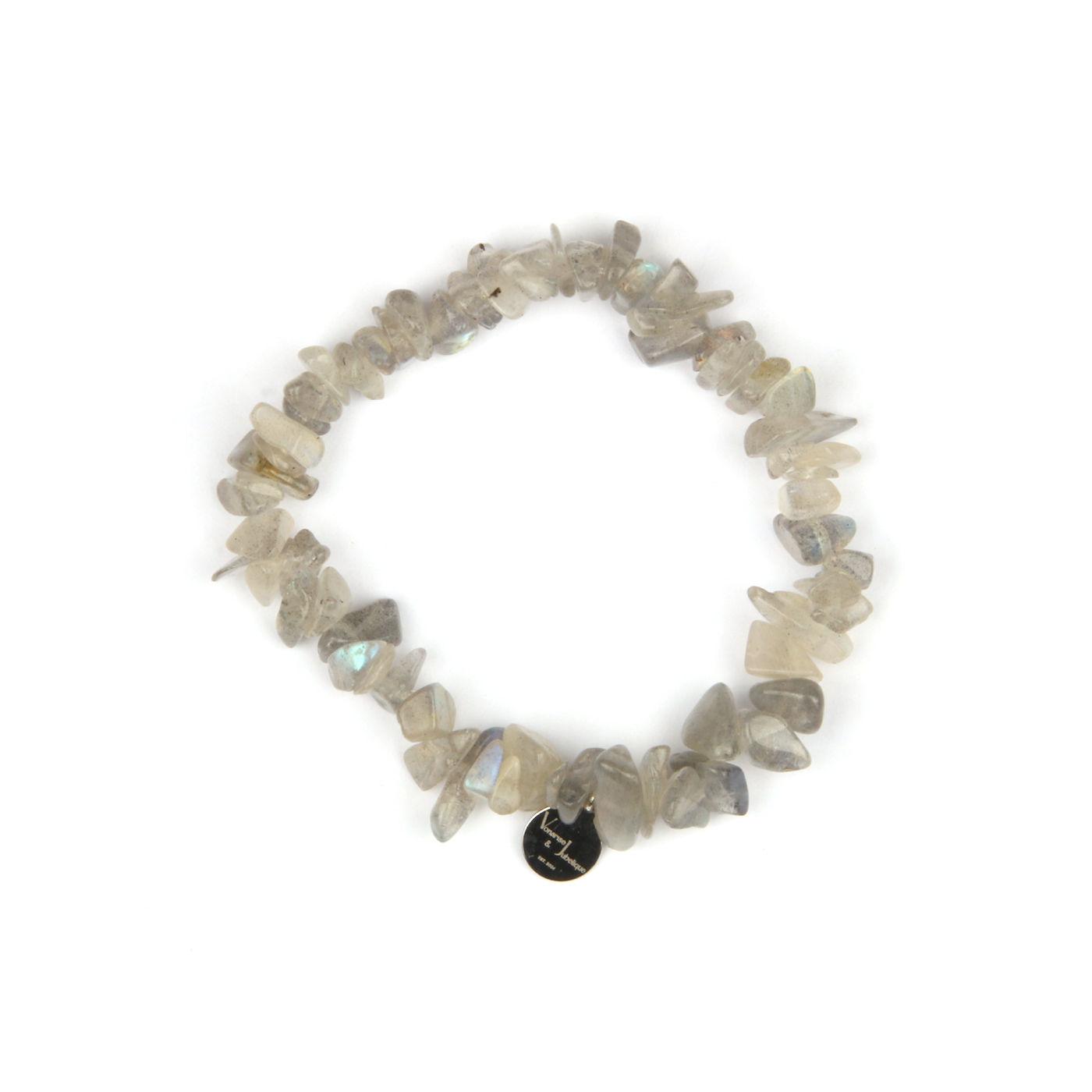
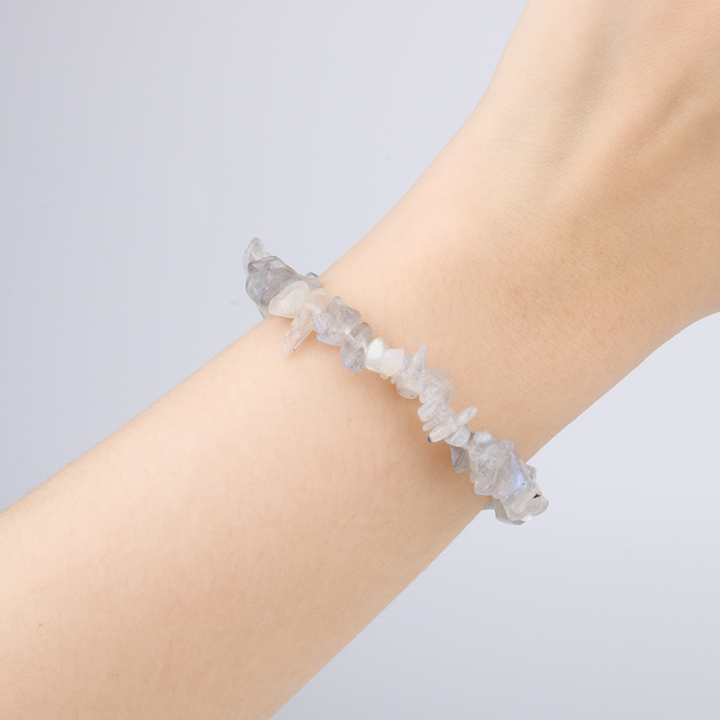
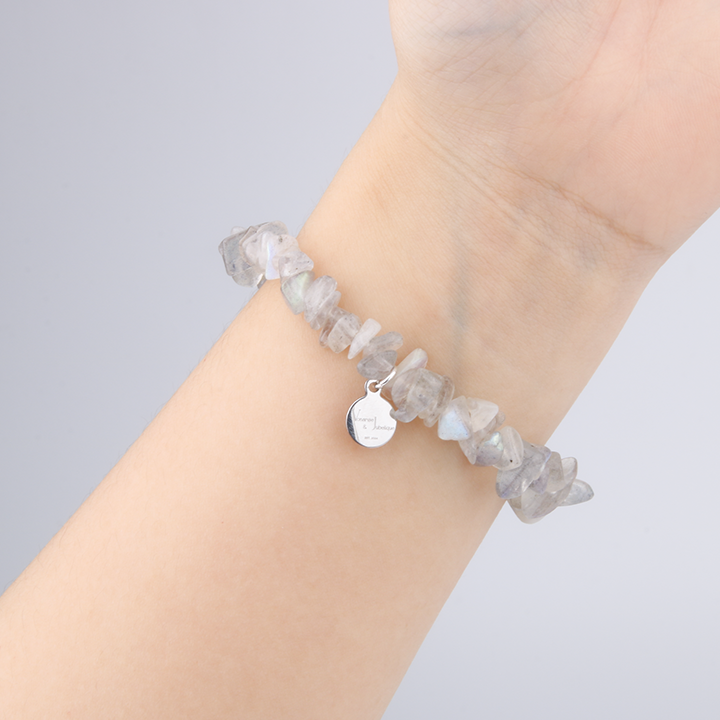
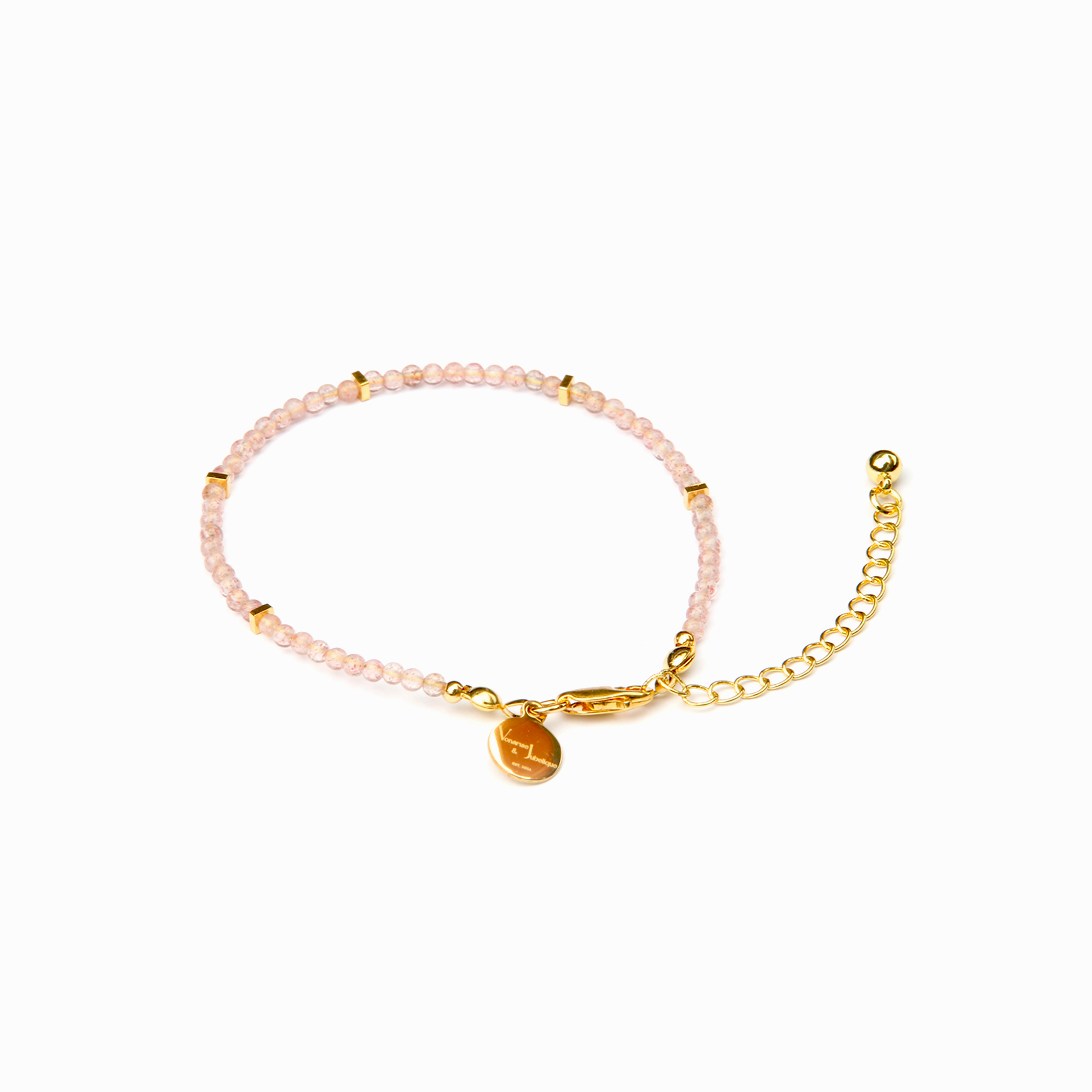
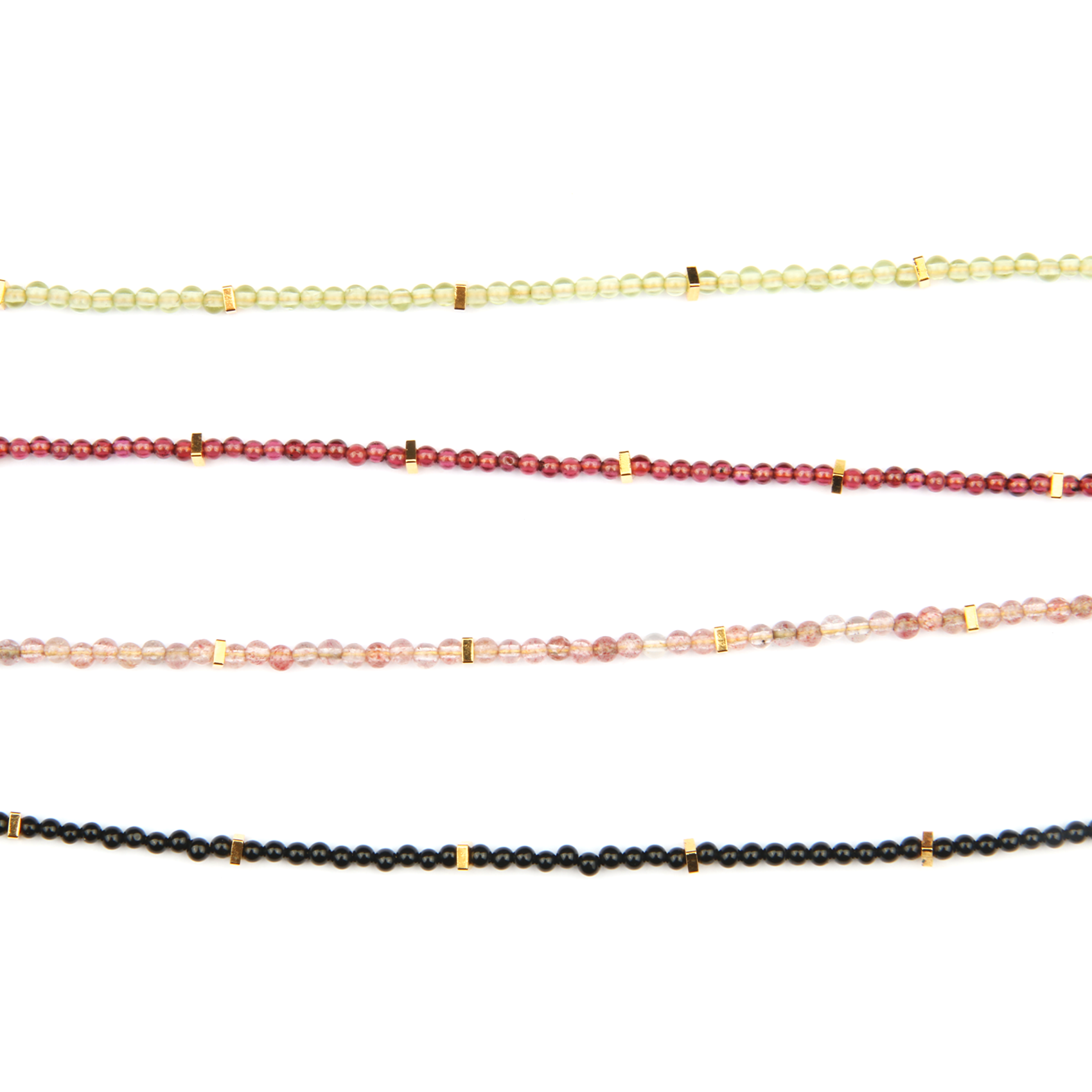
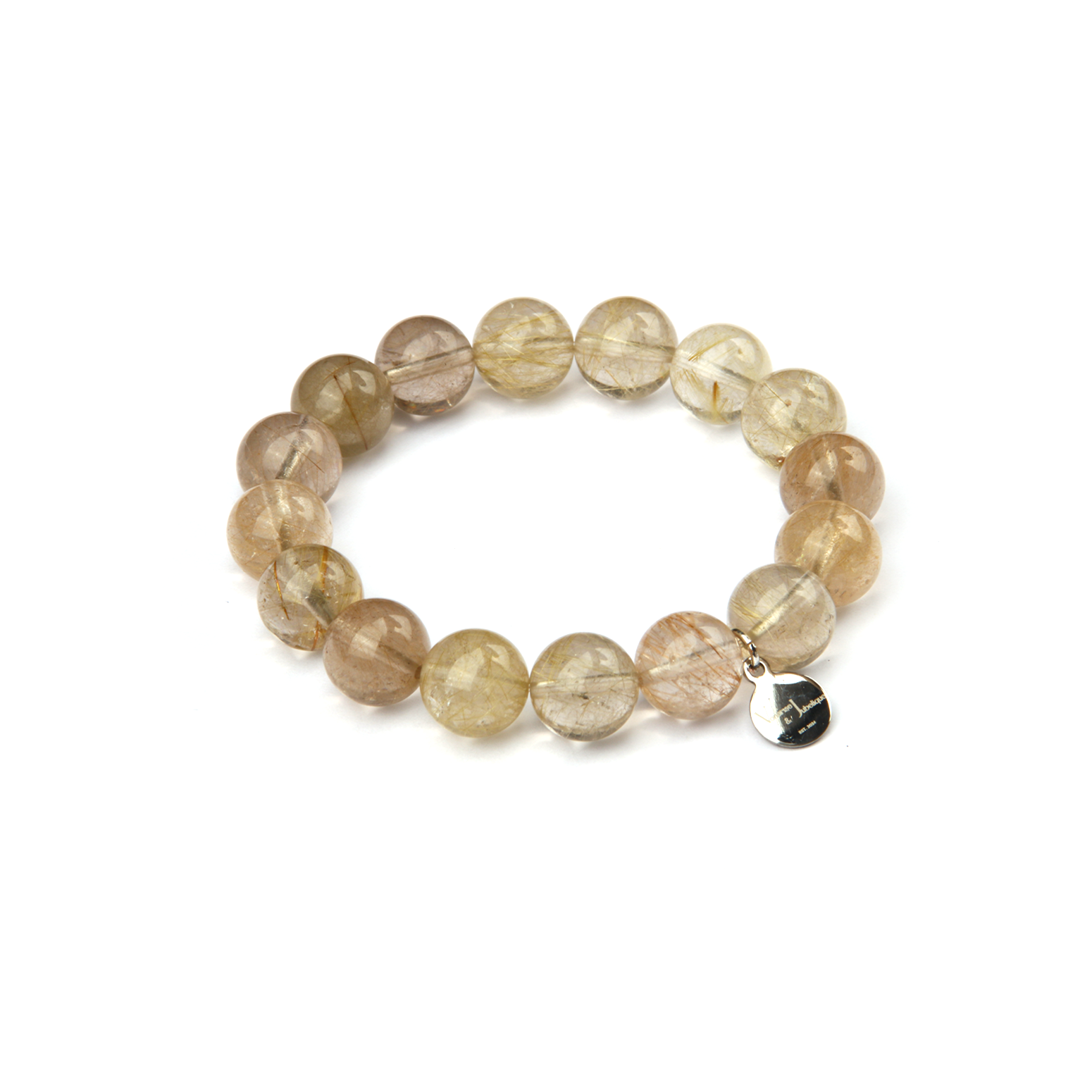
Share:
Amazonite
Apatite